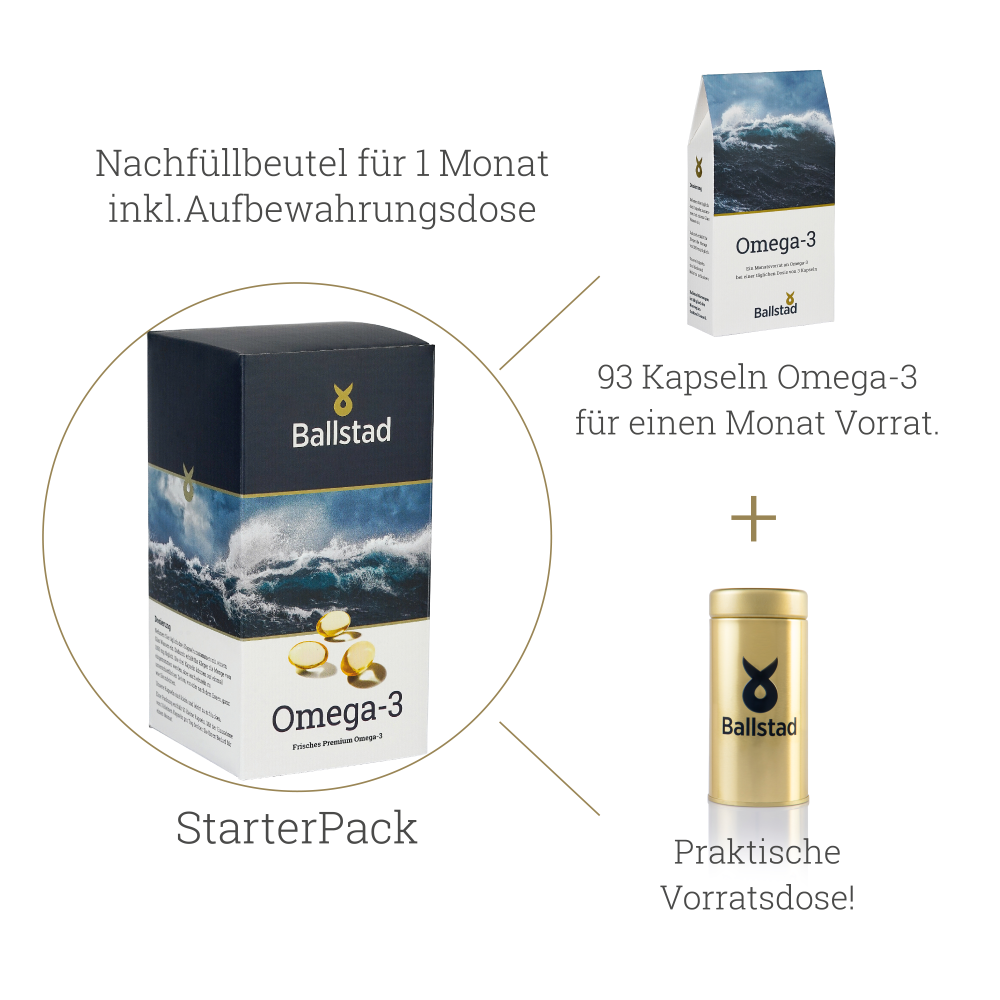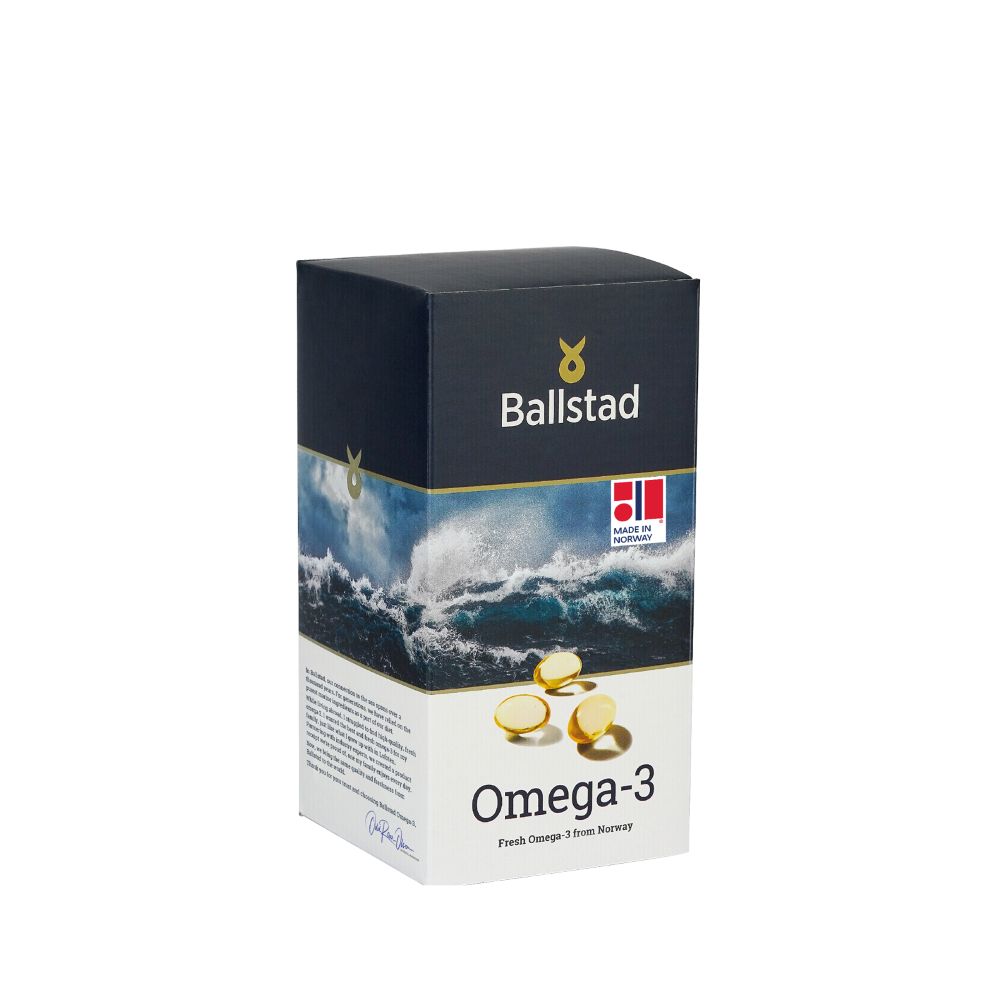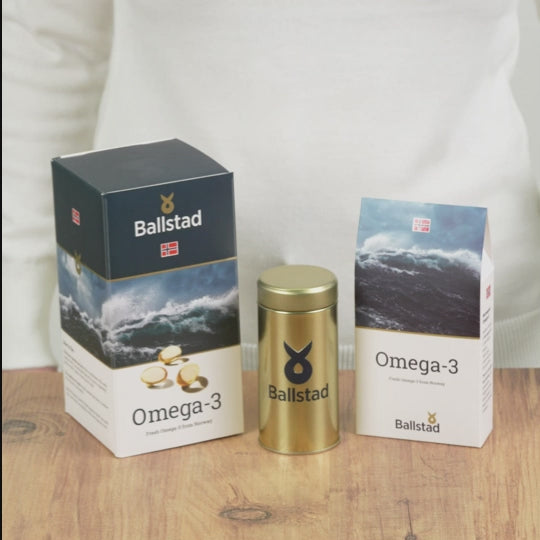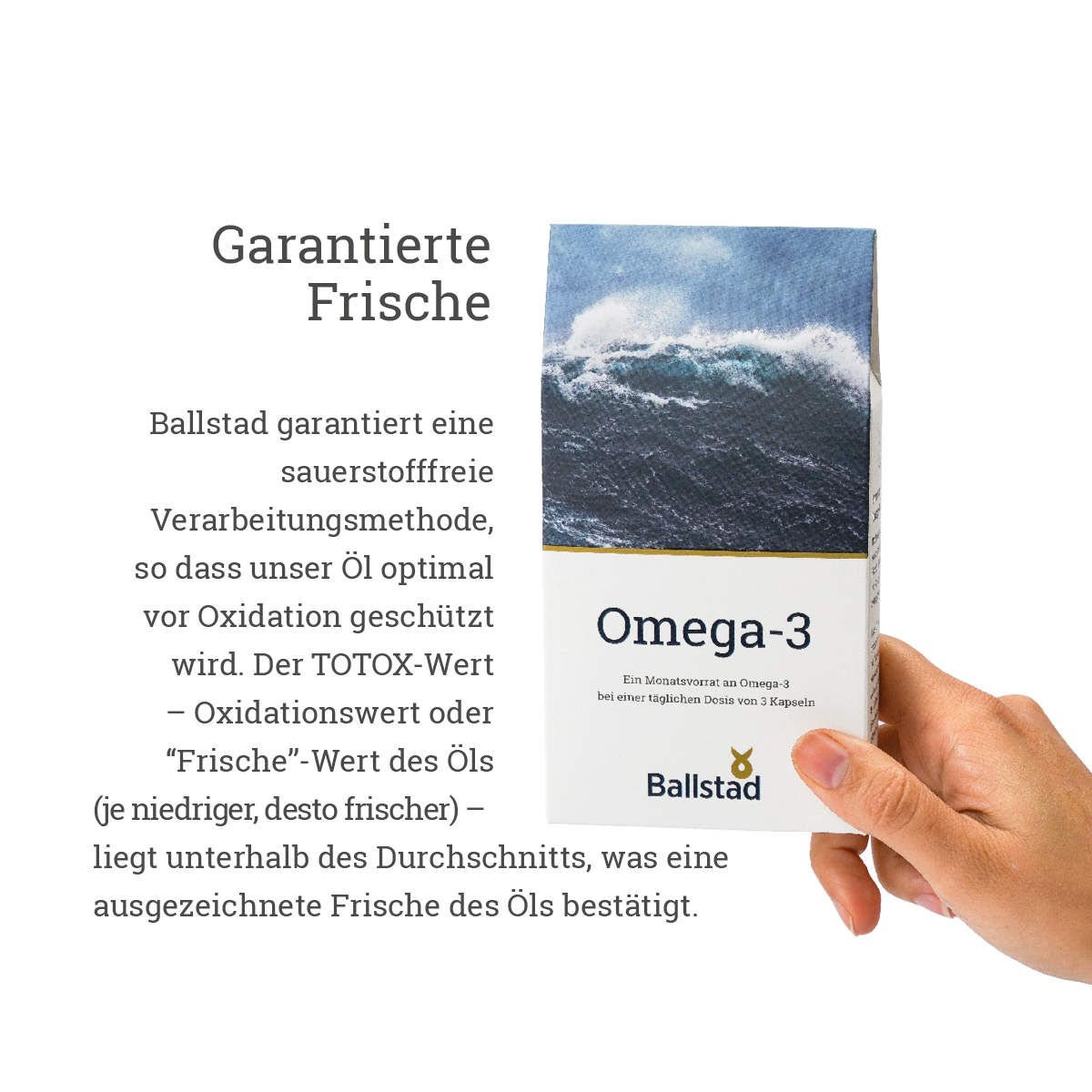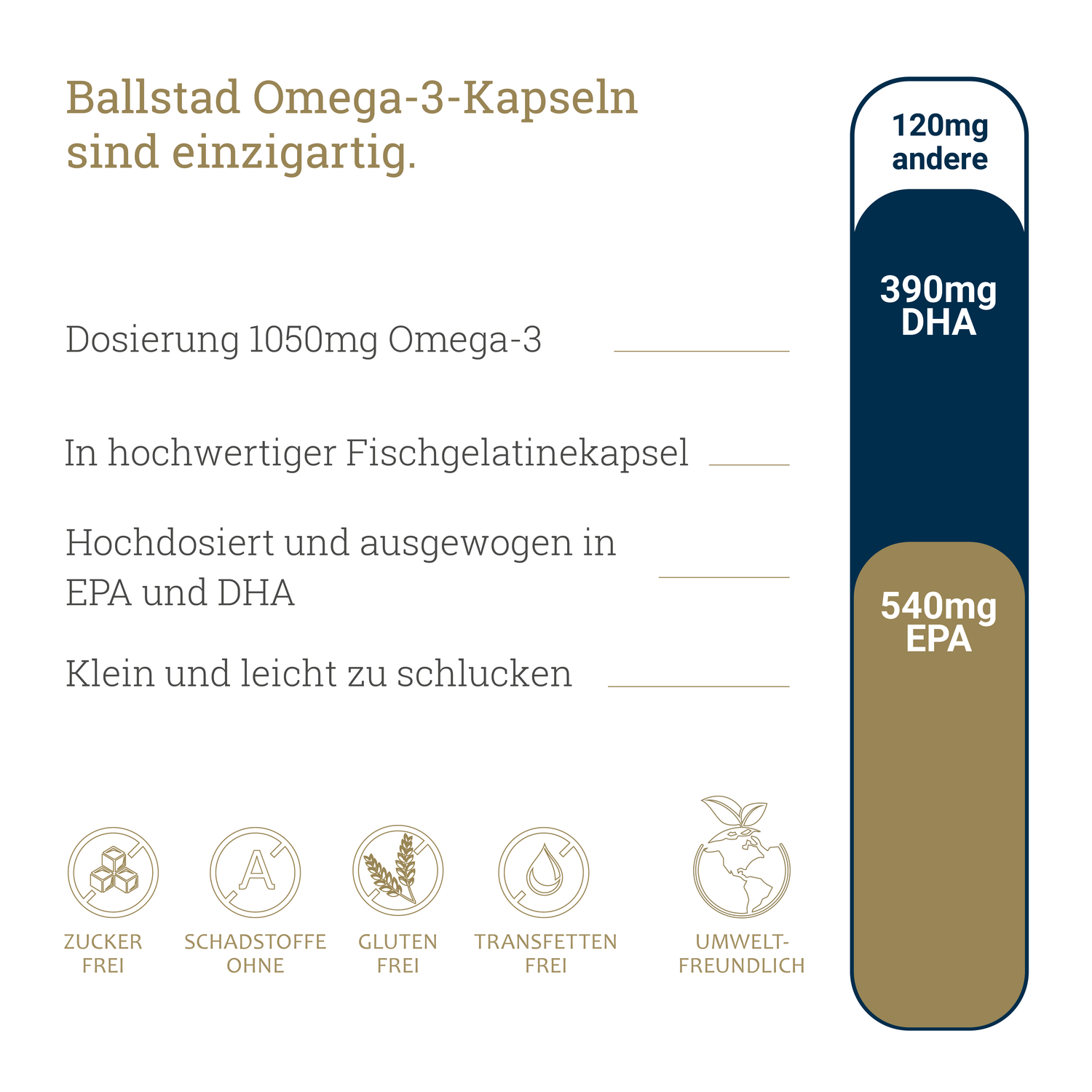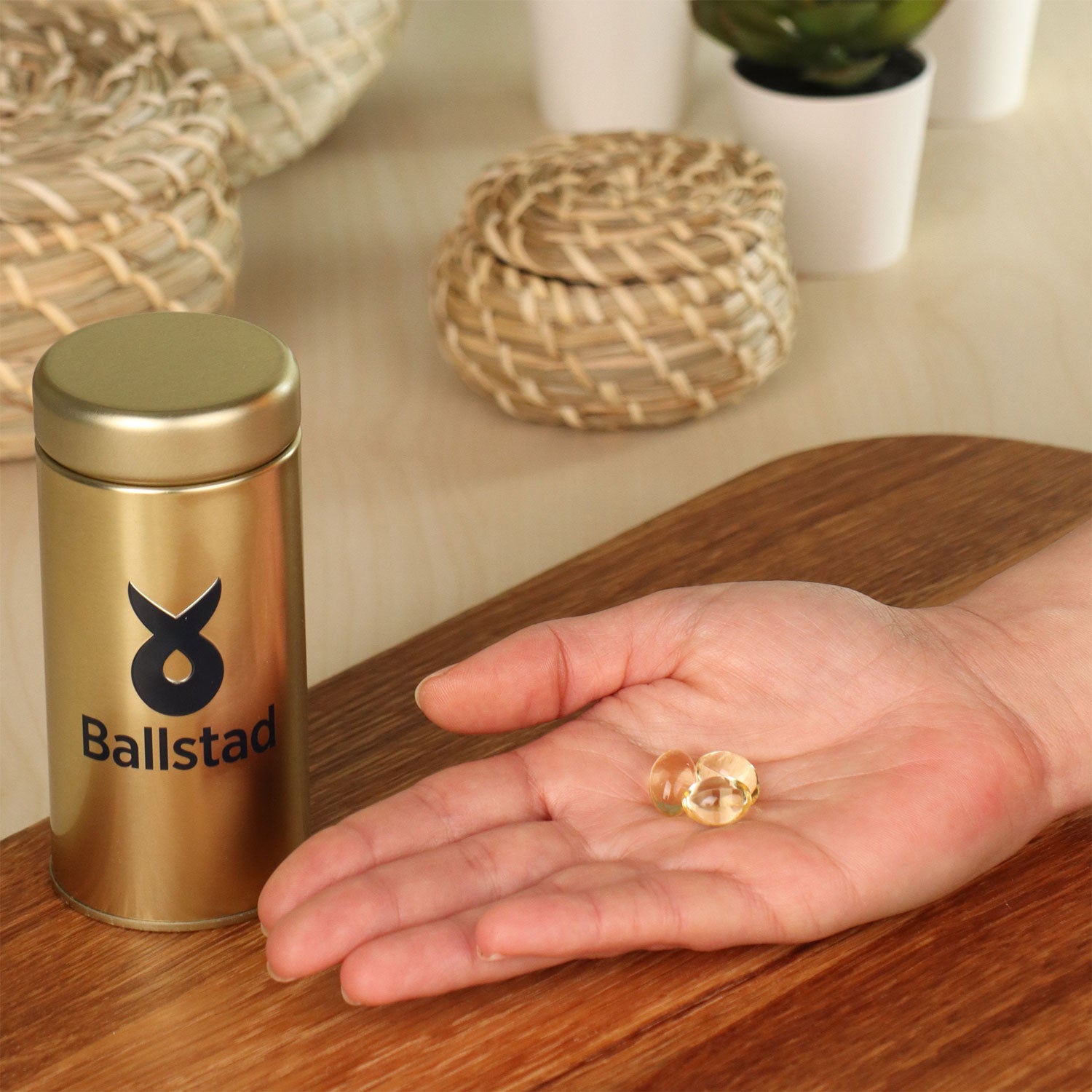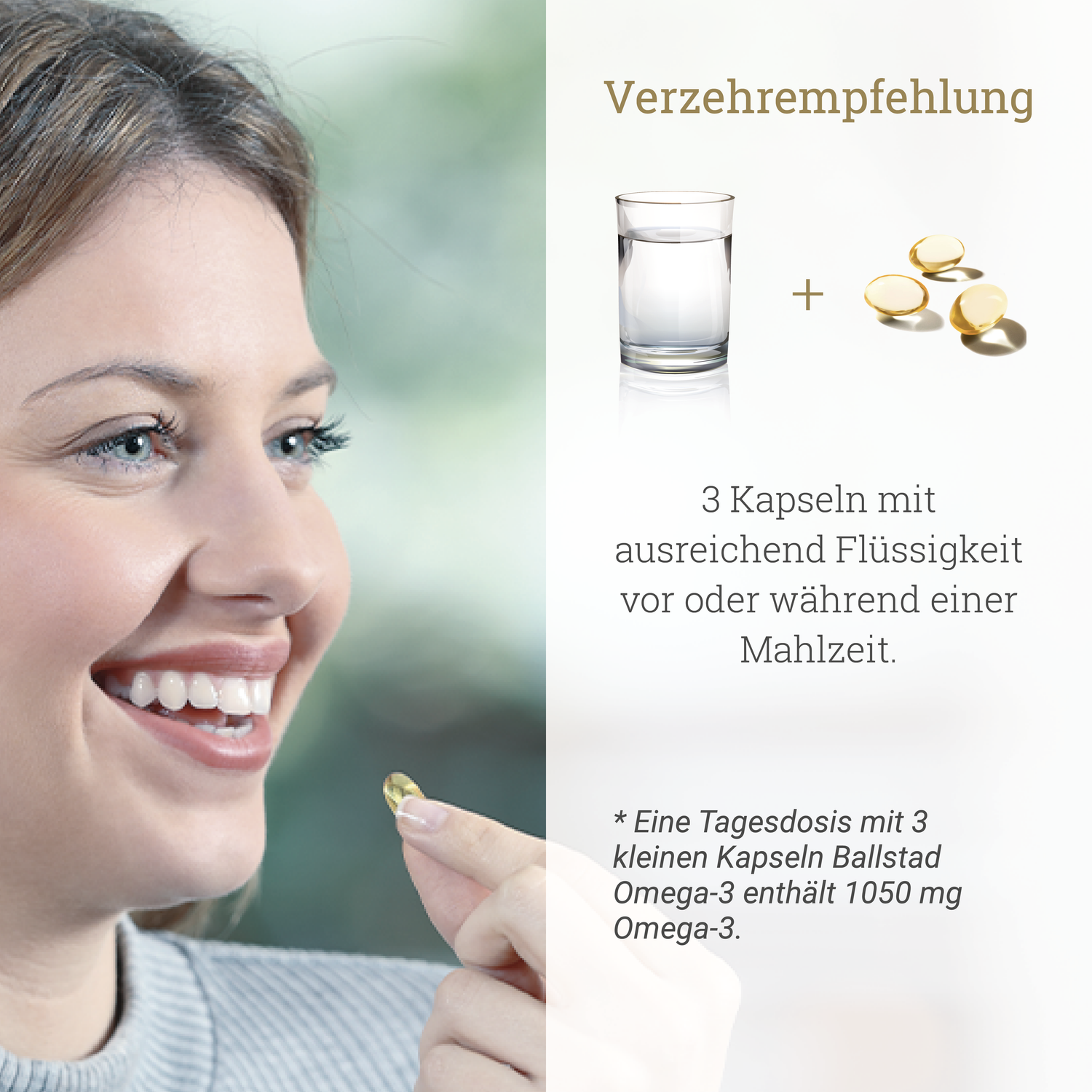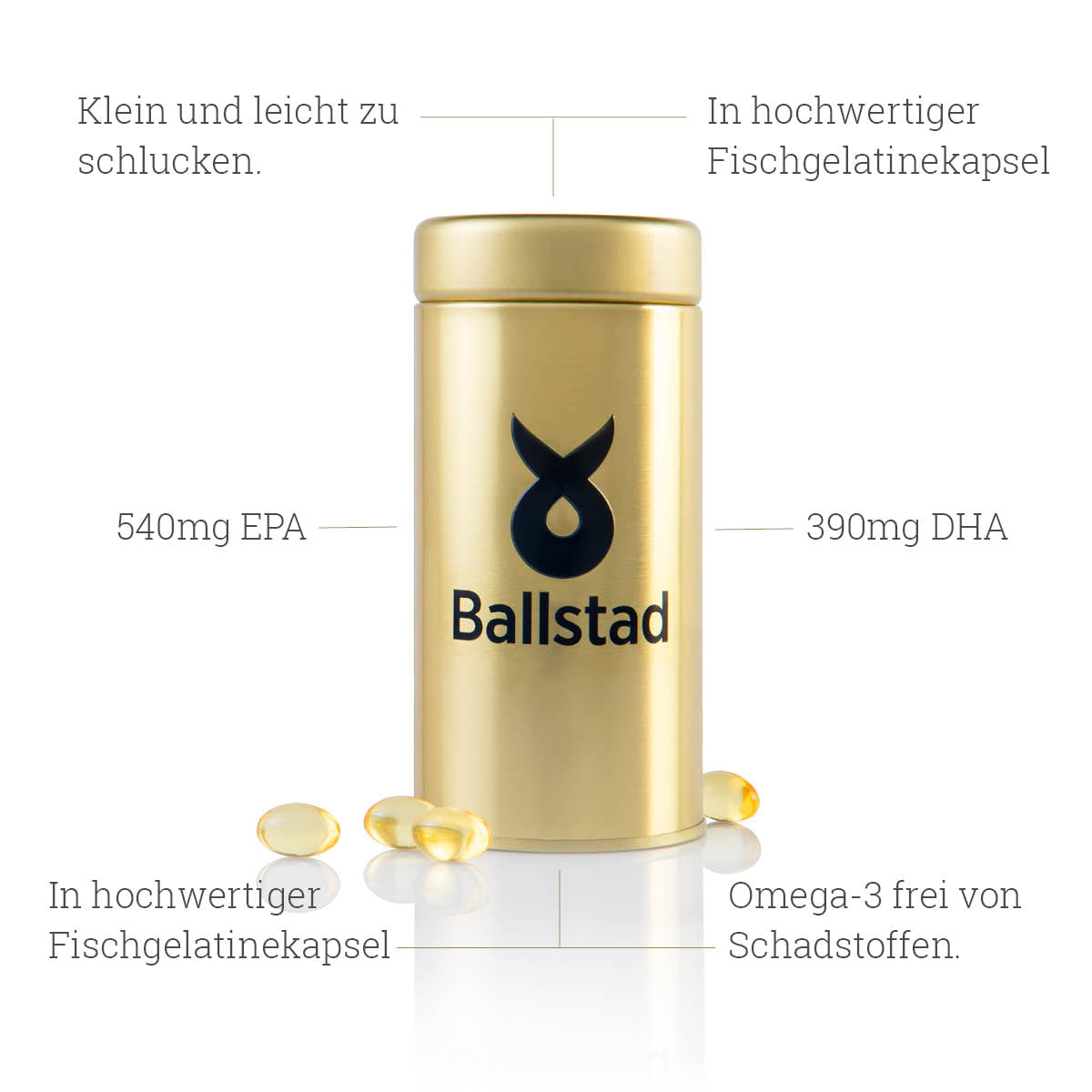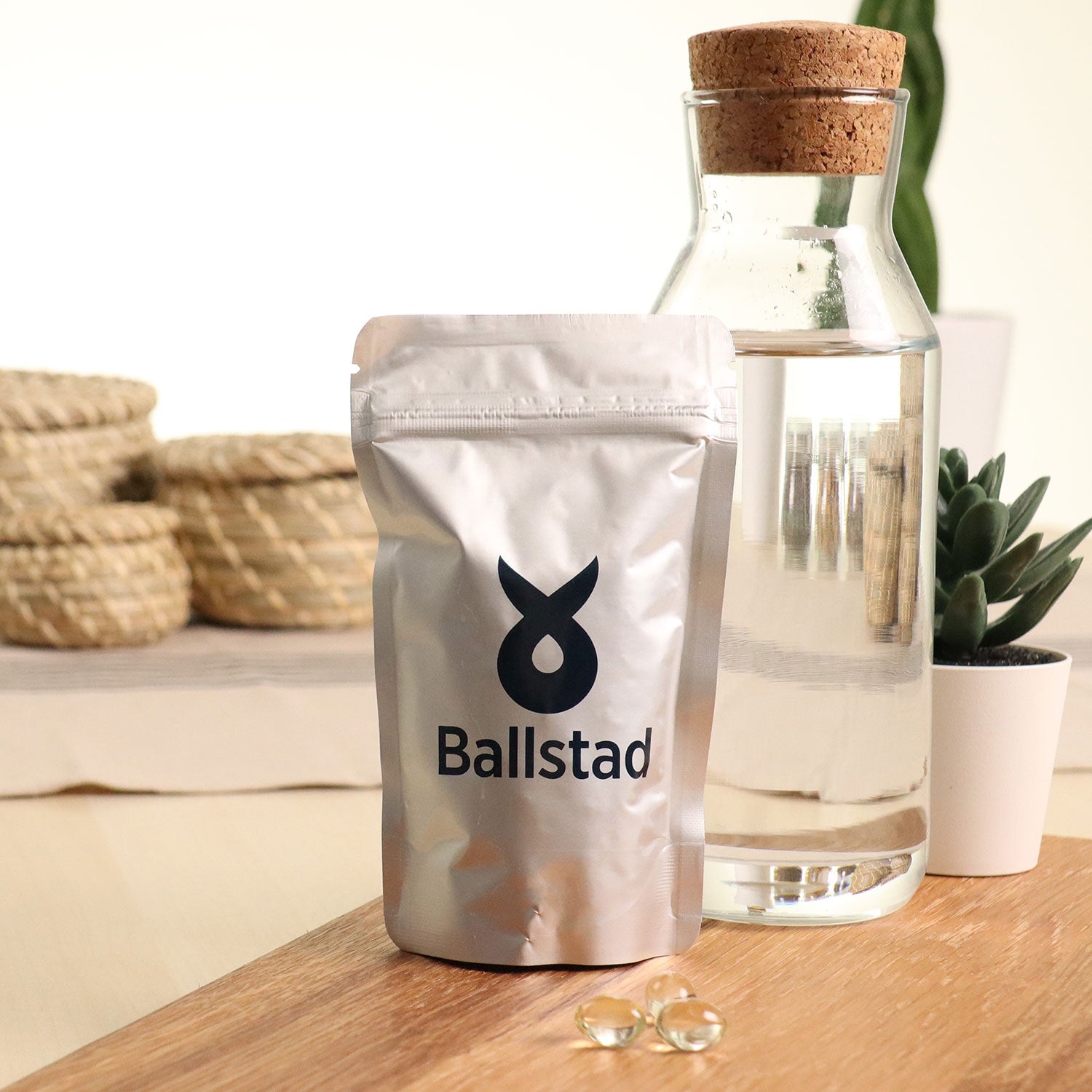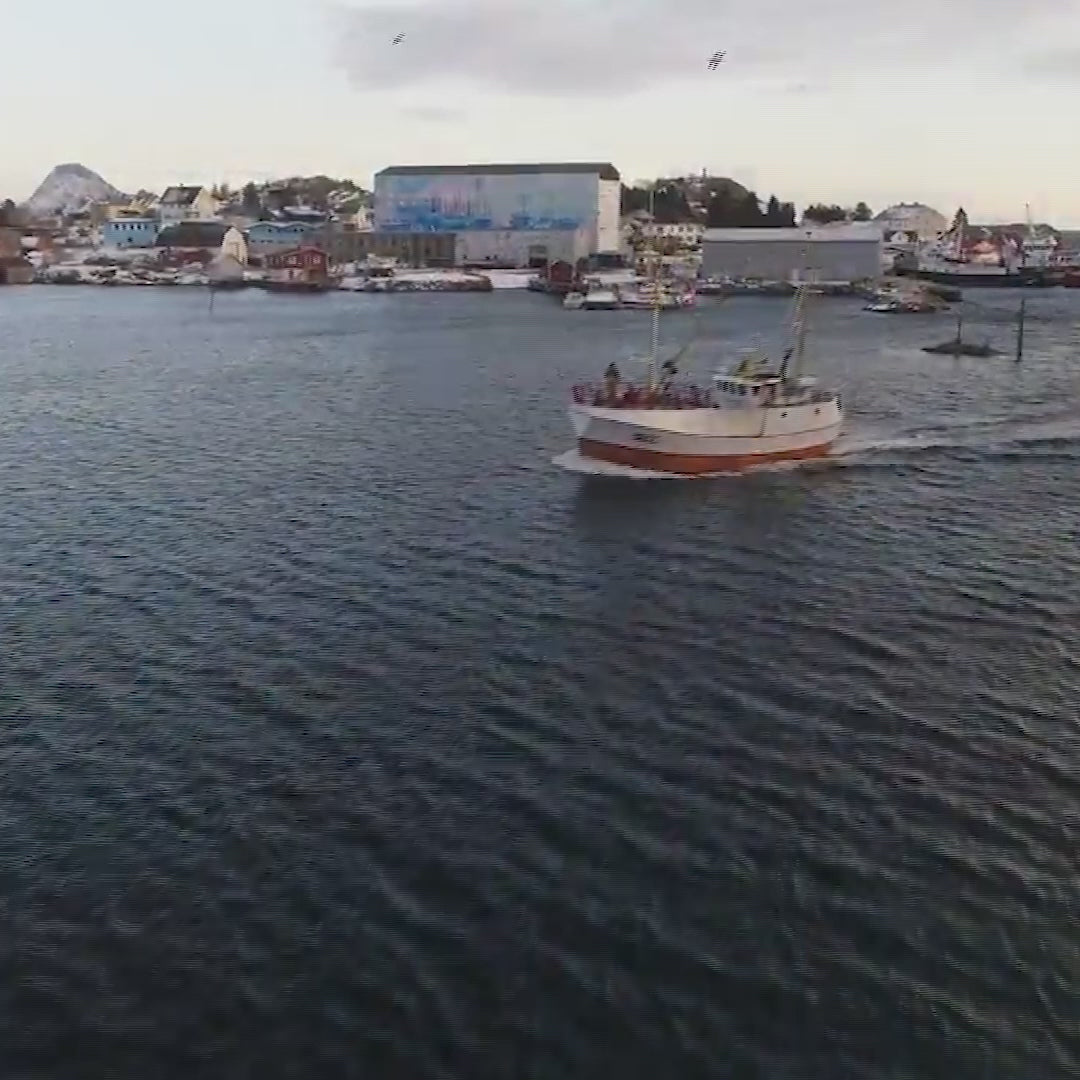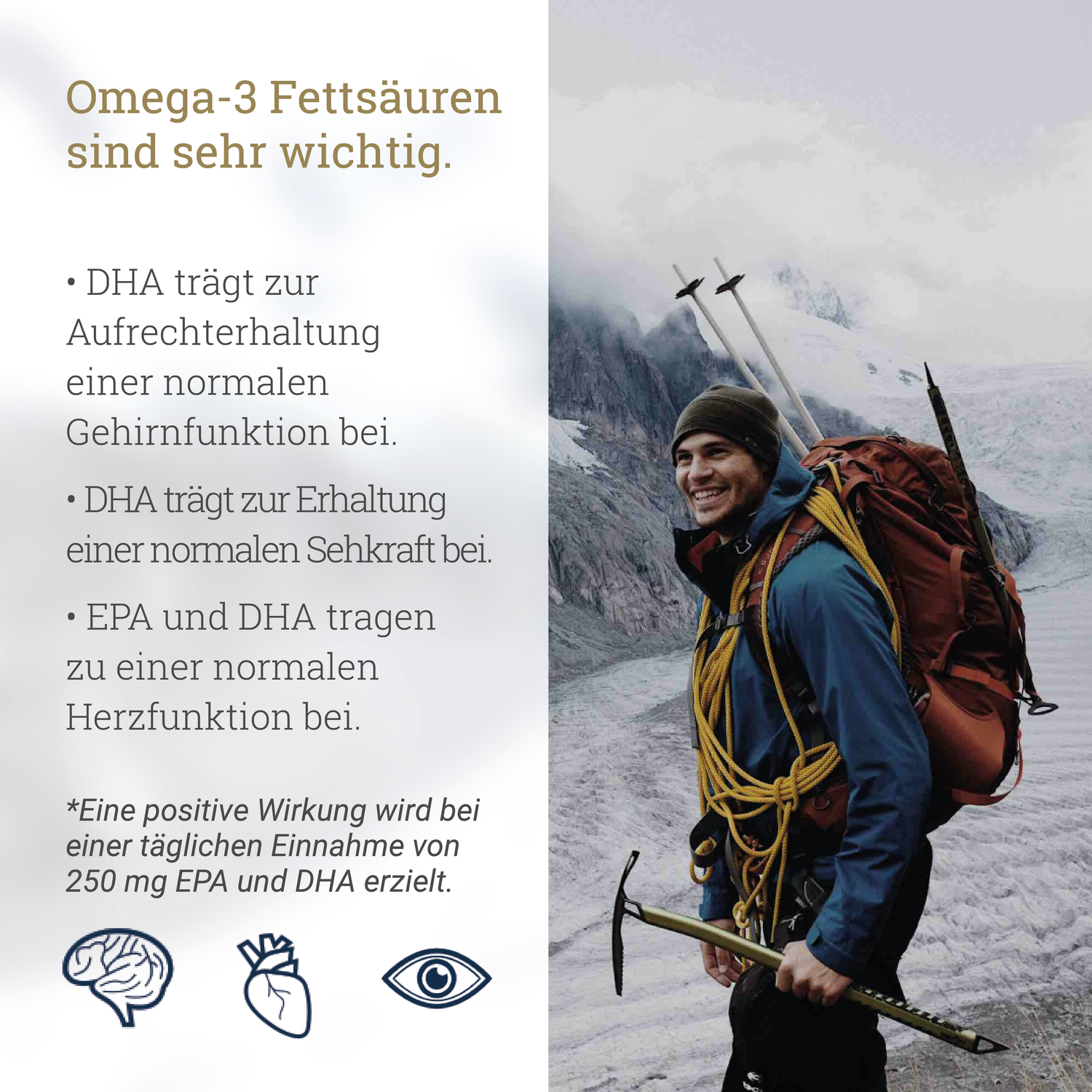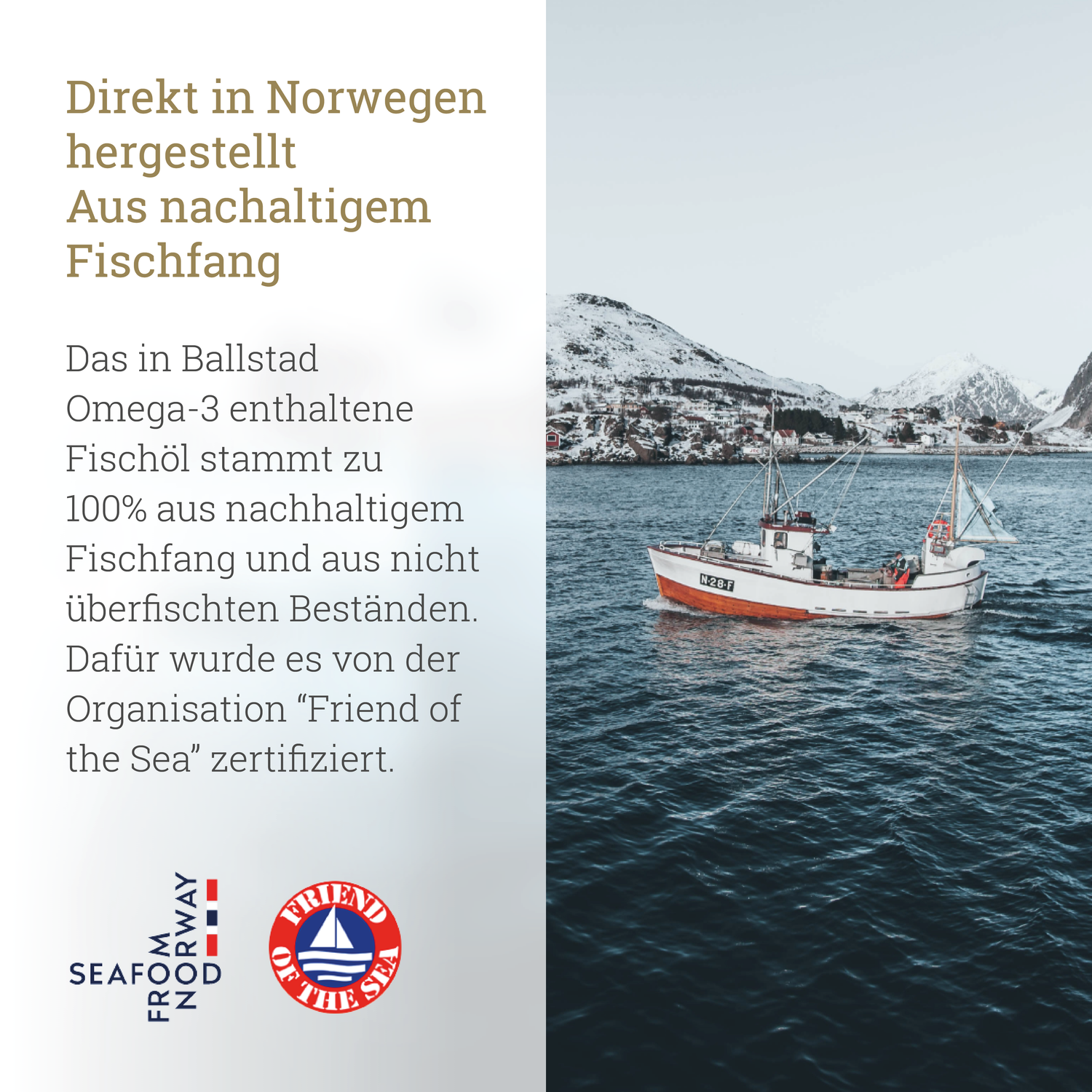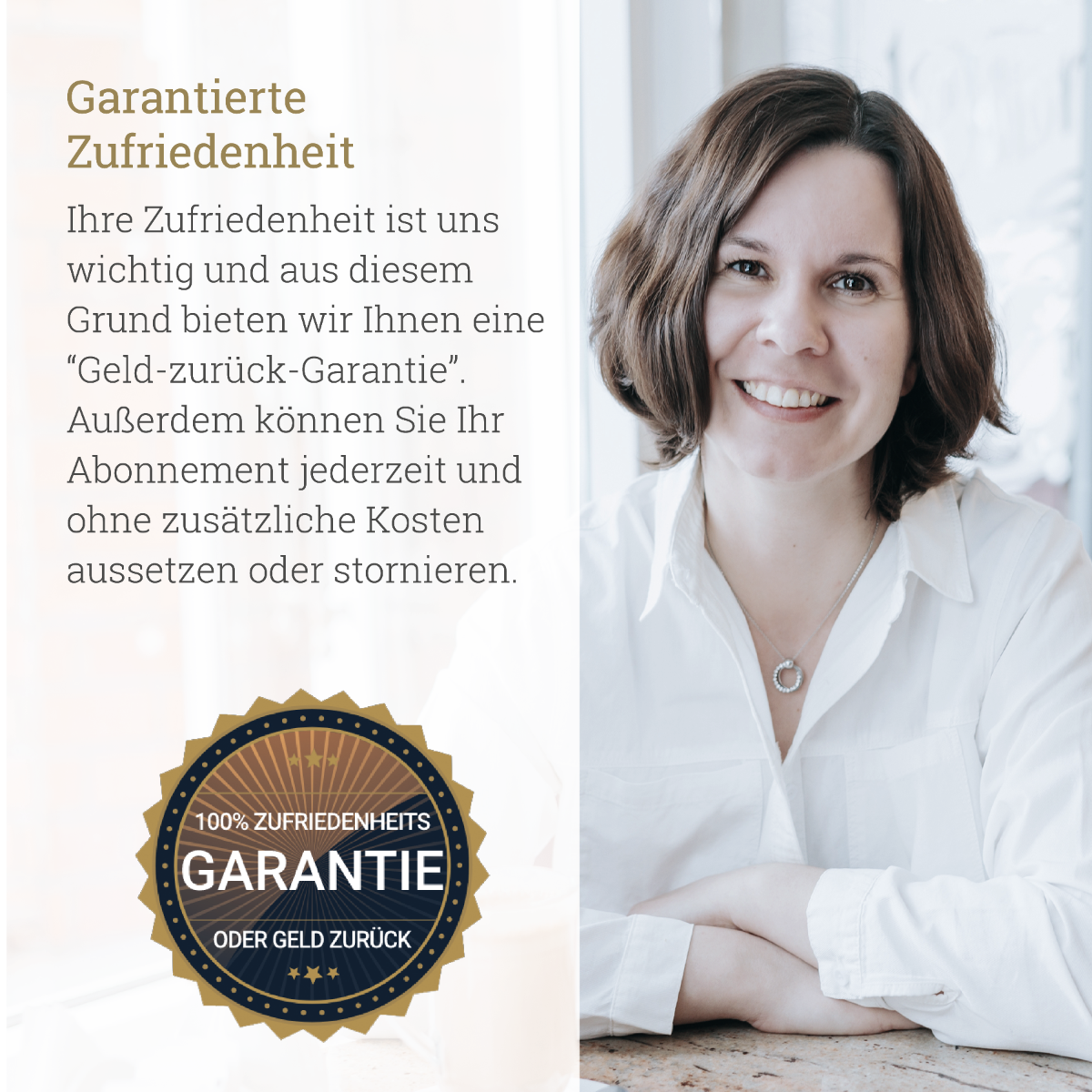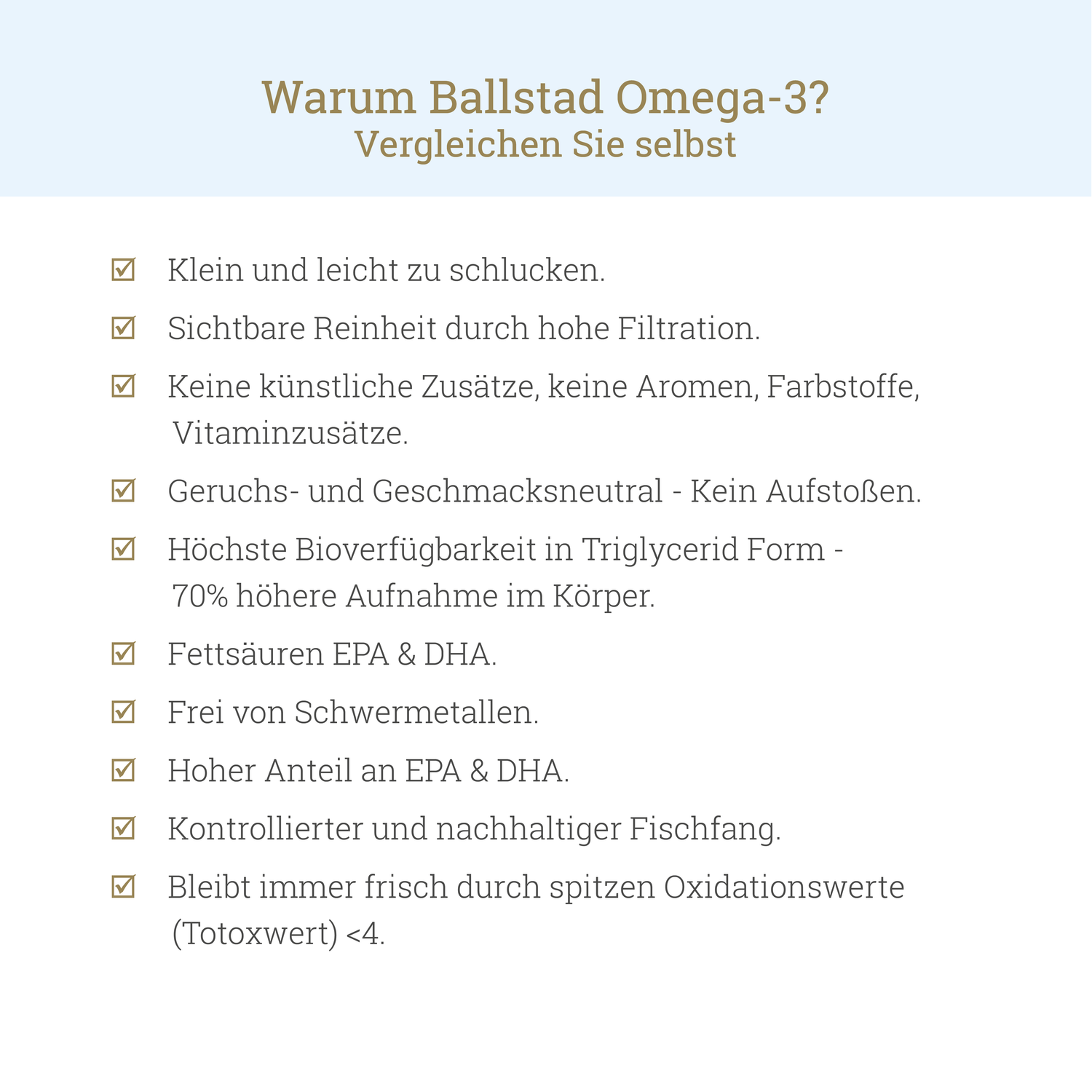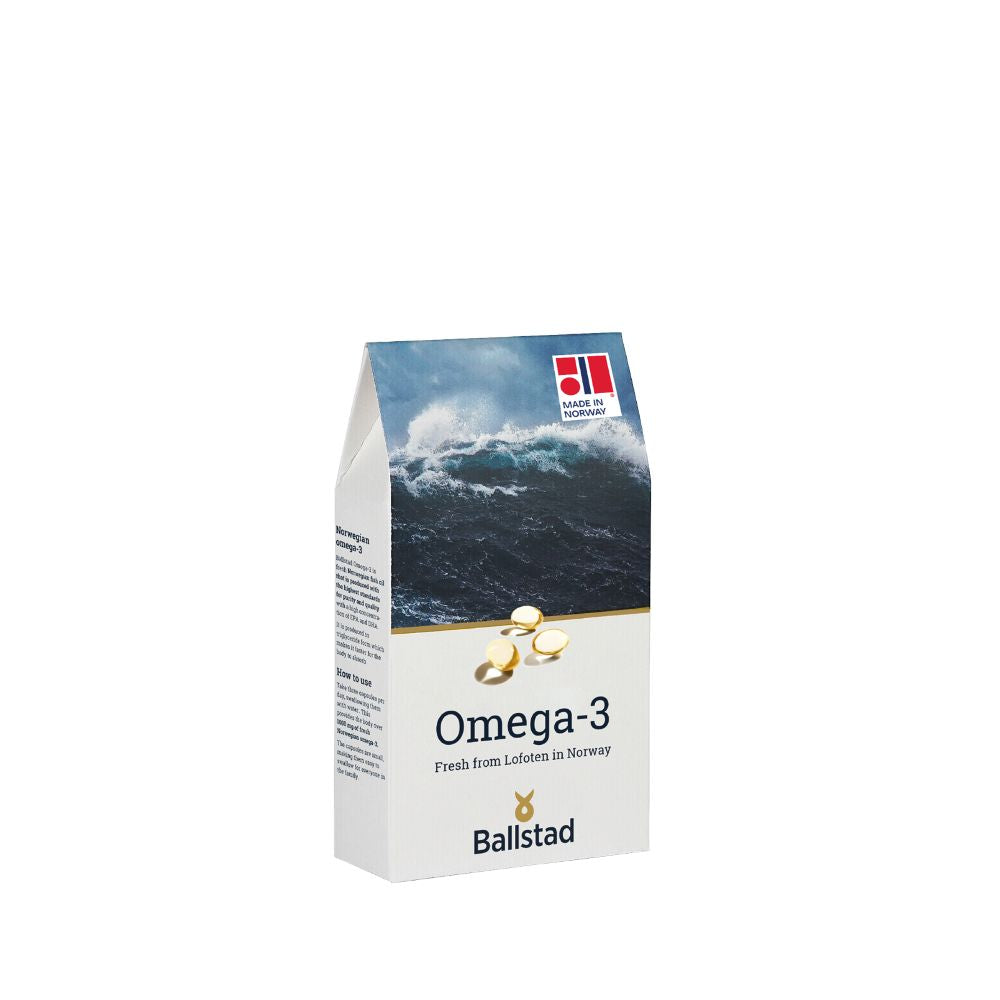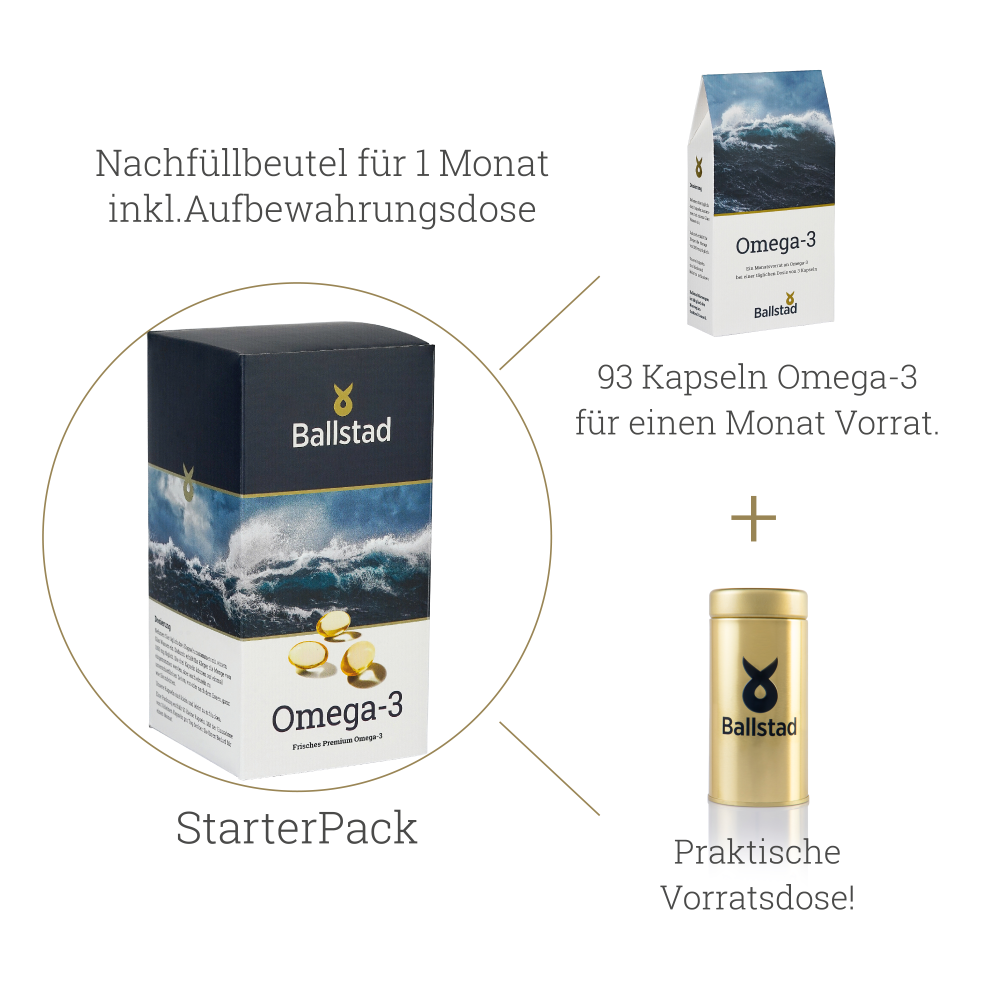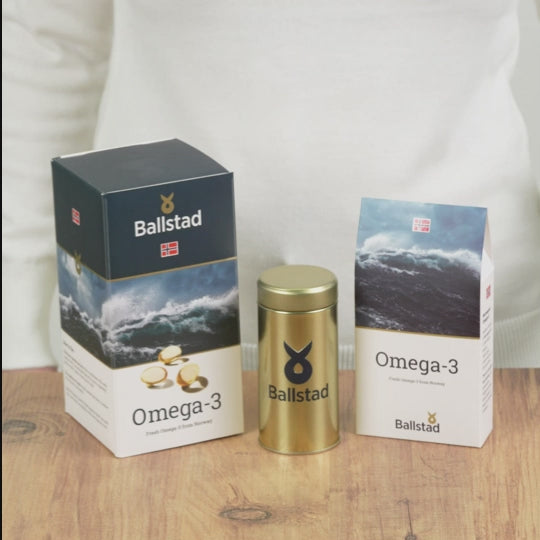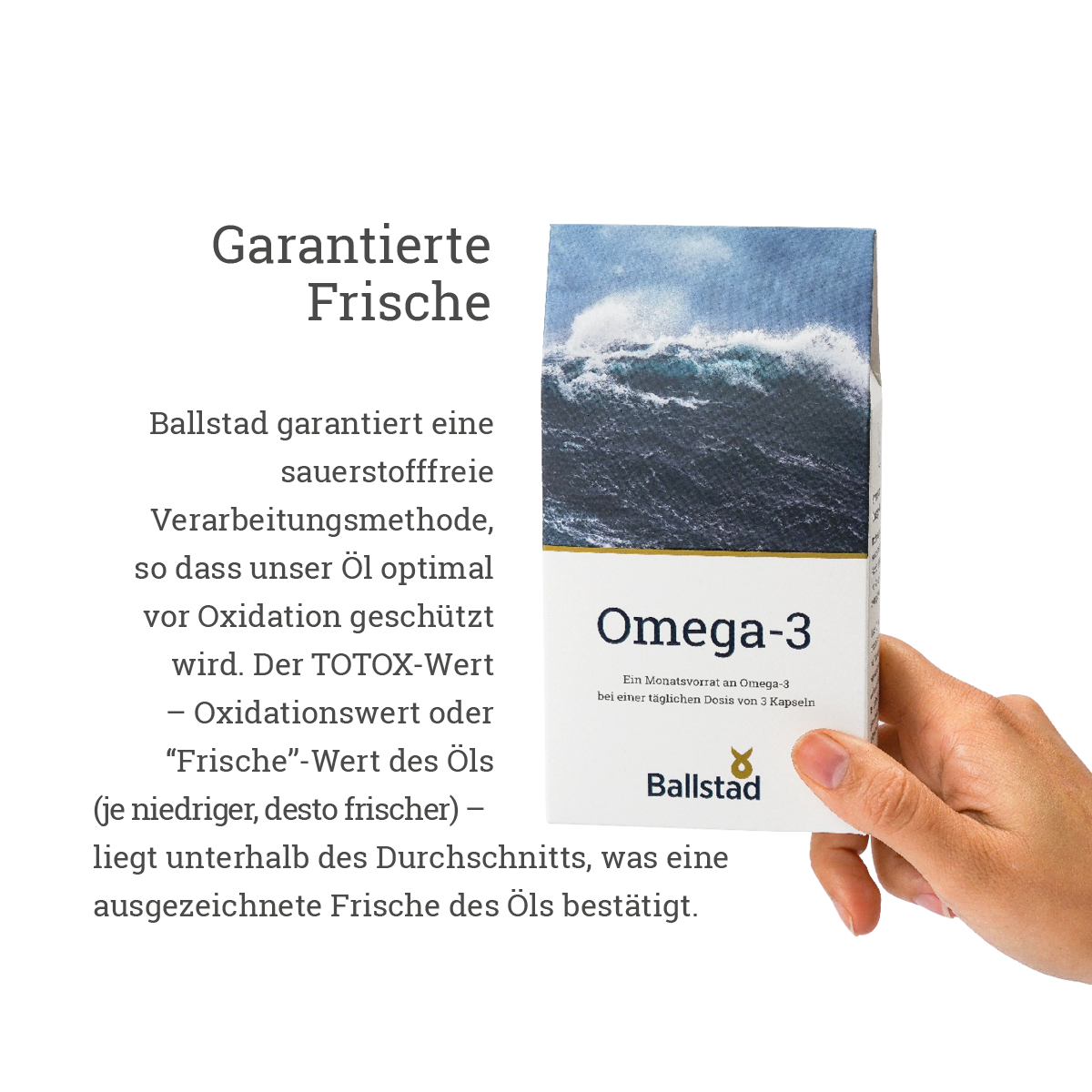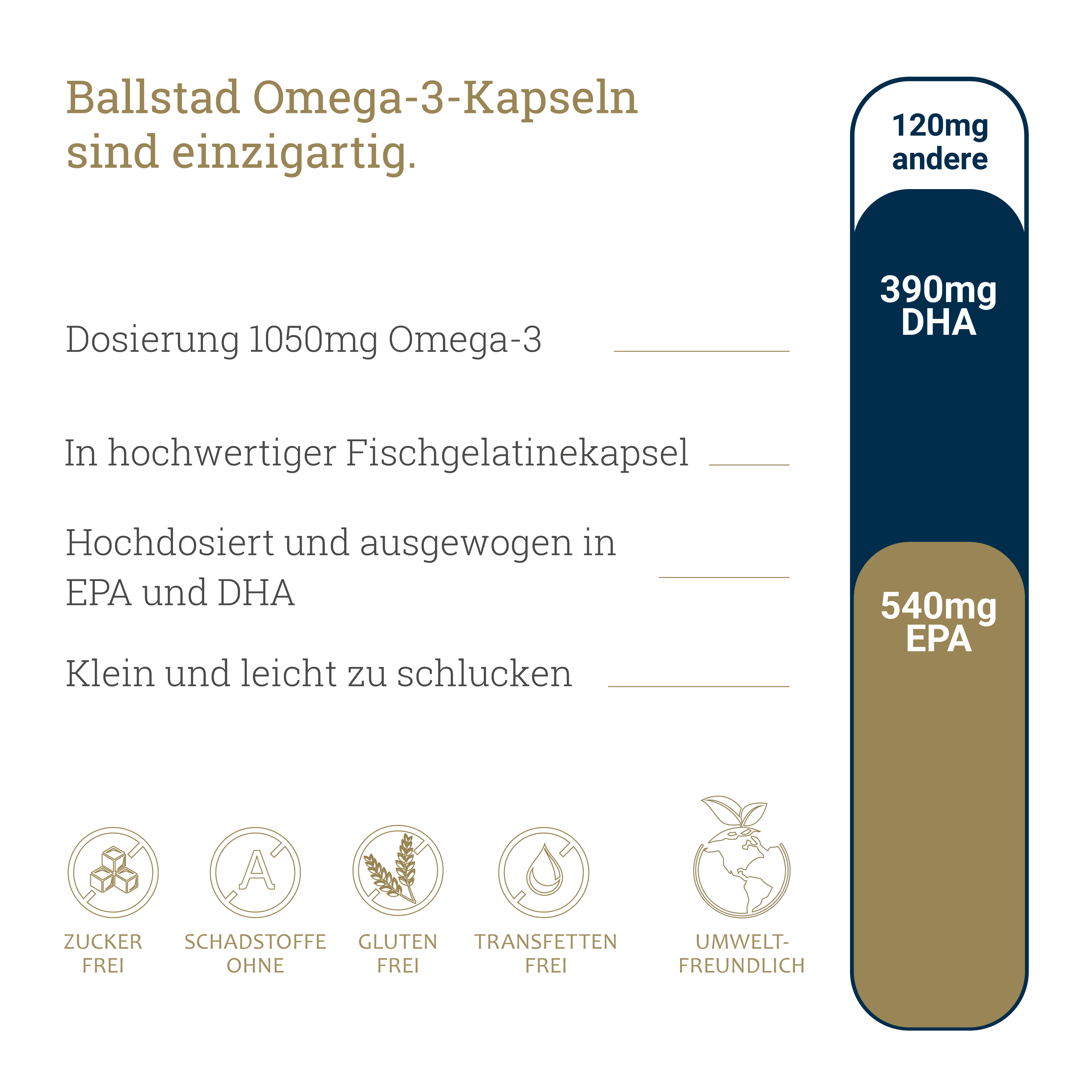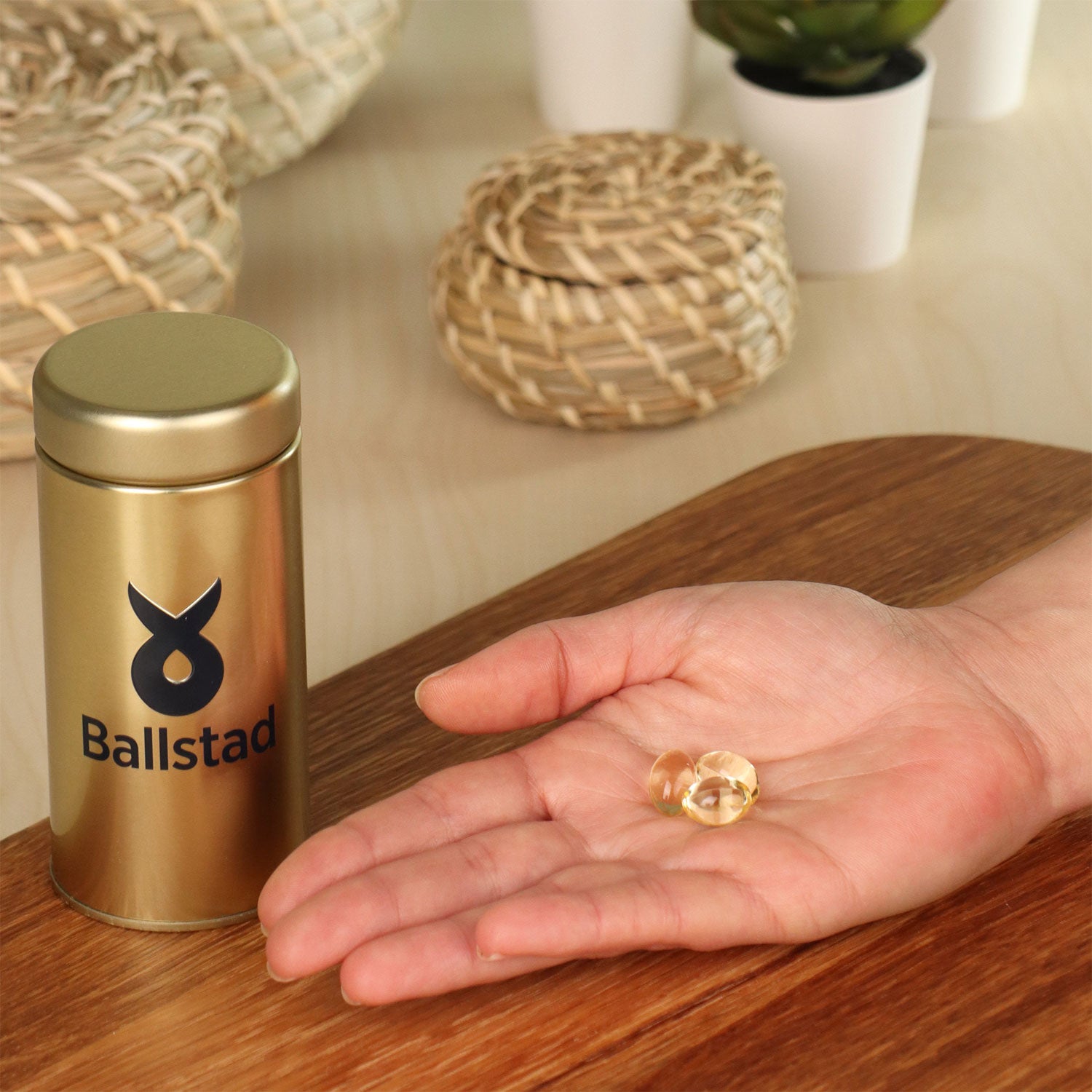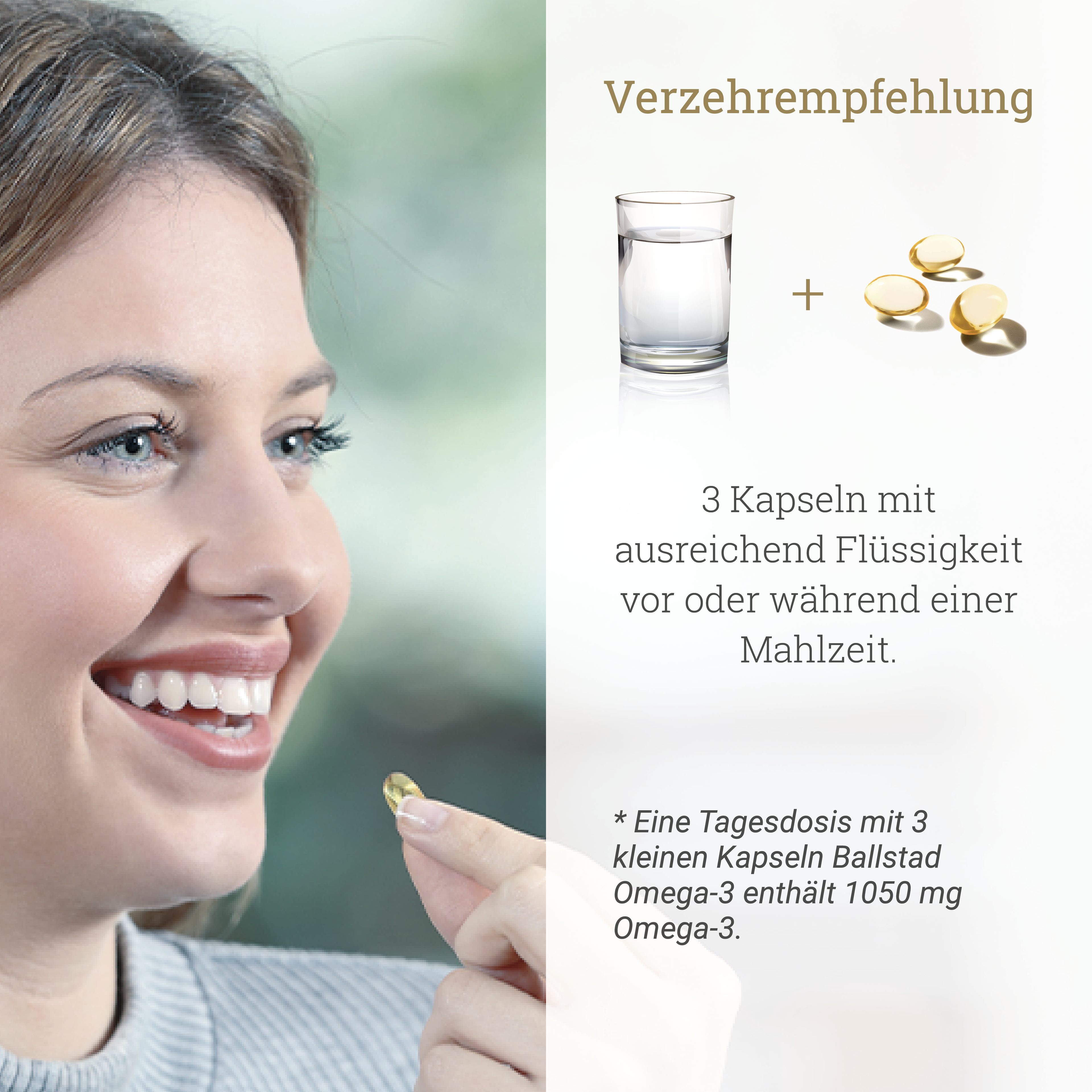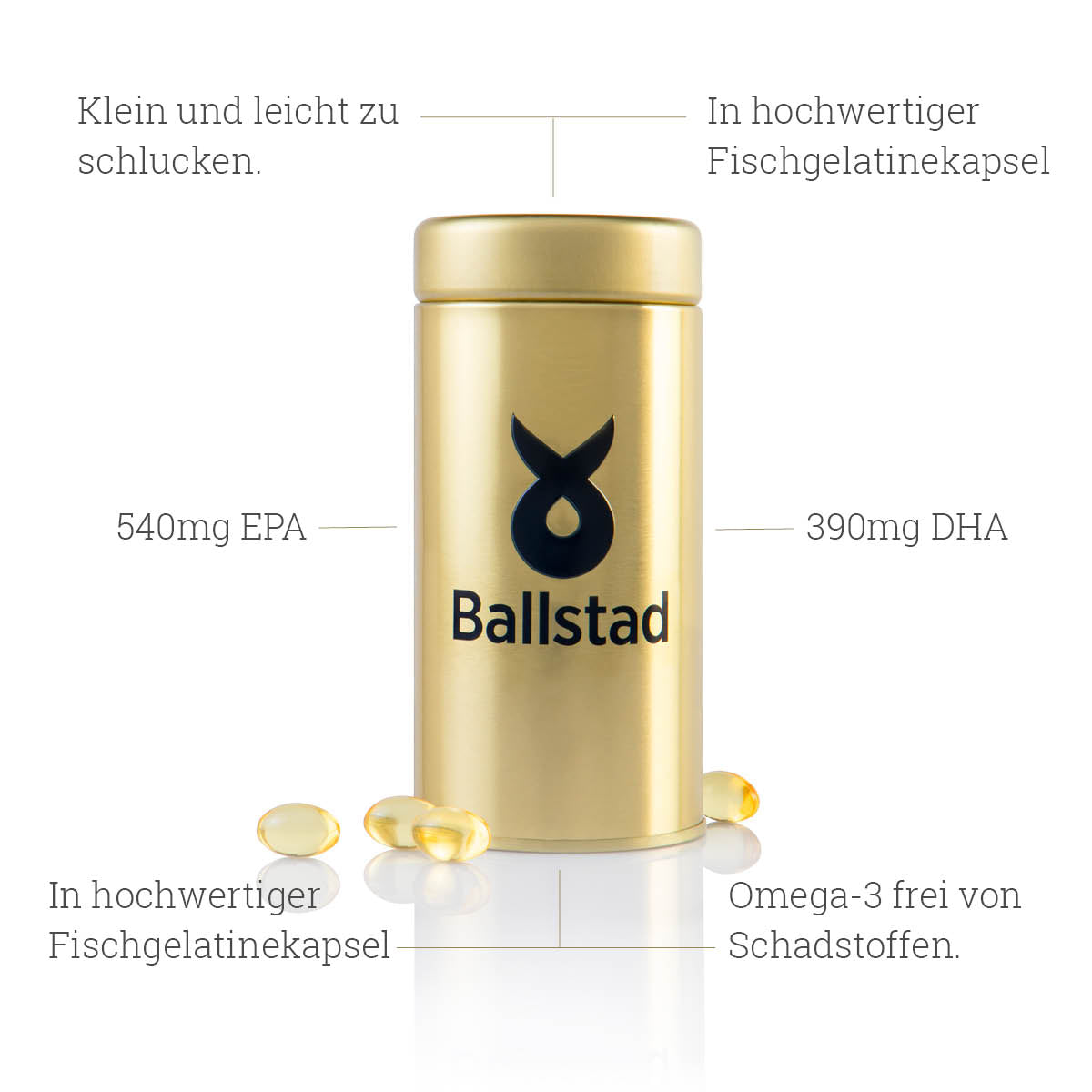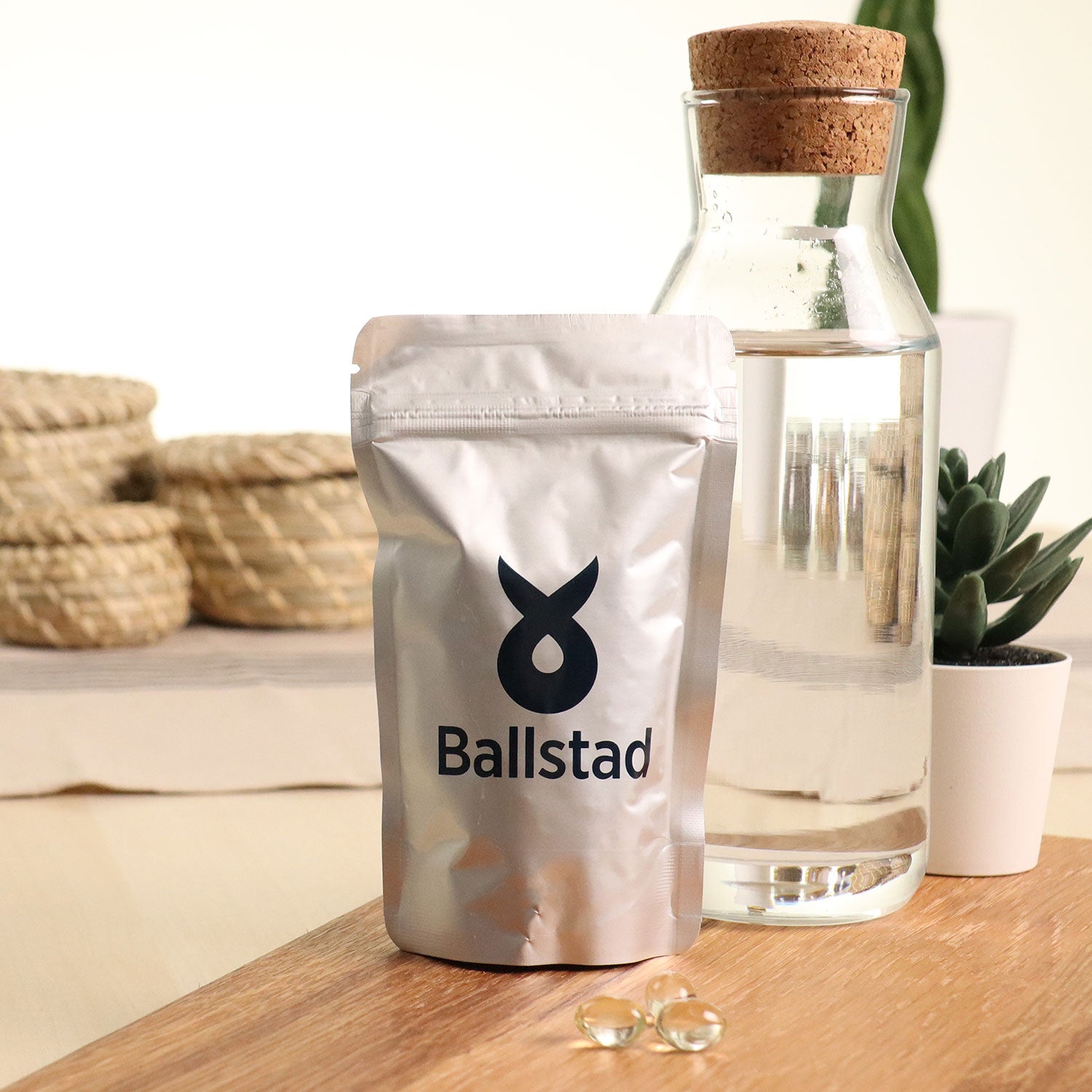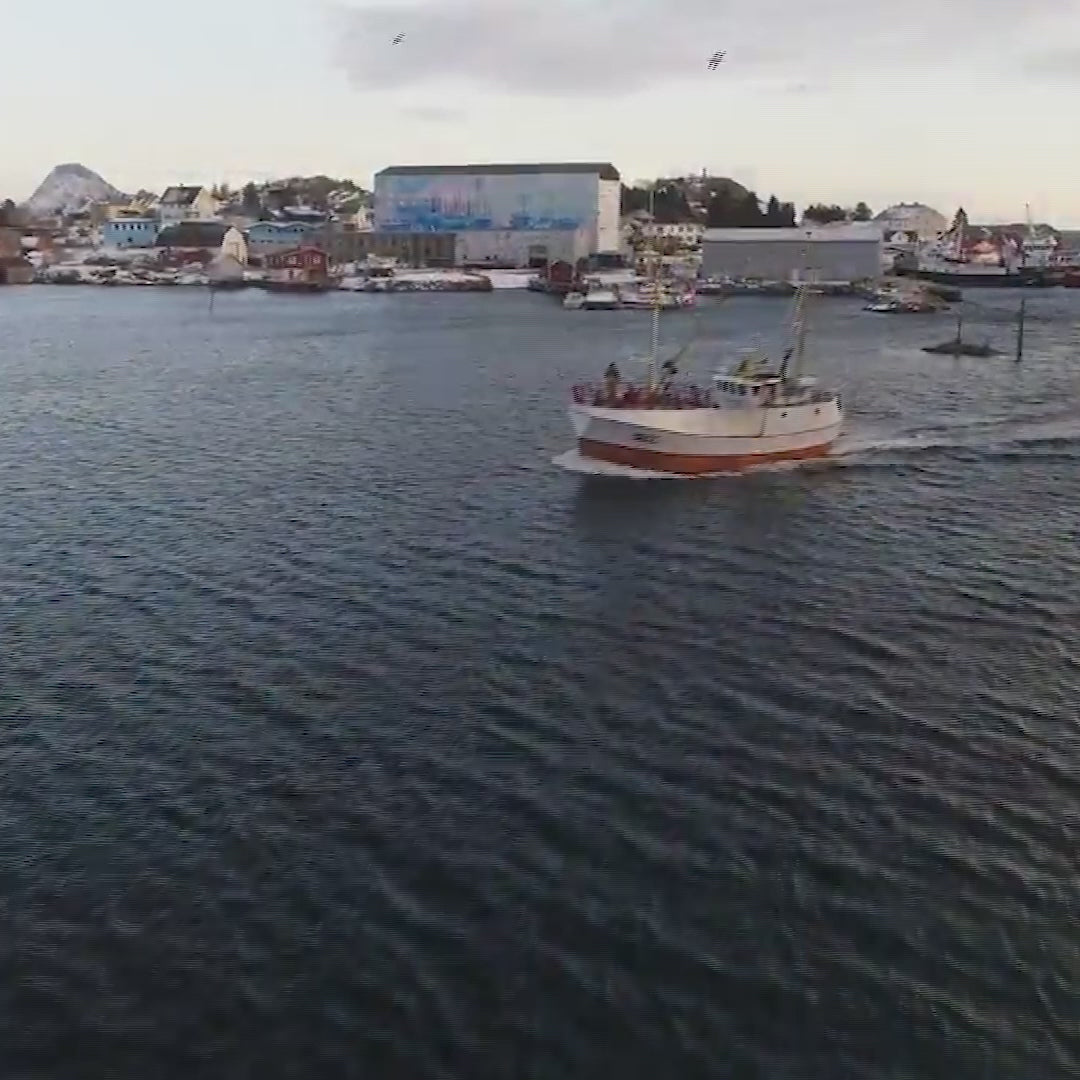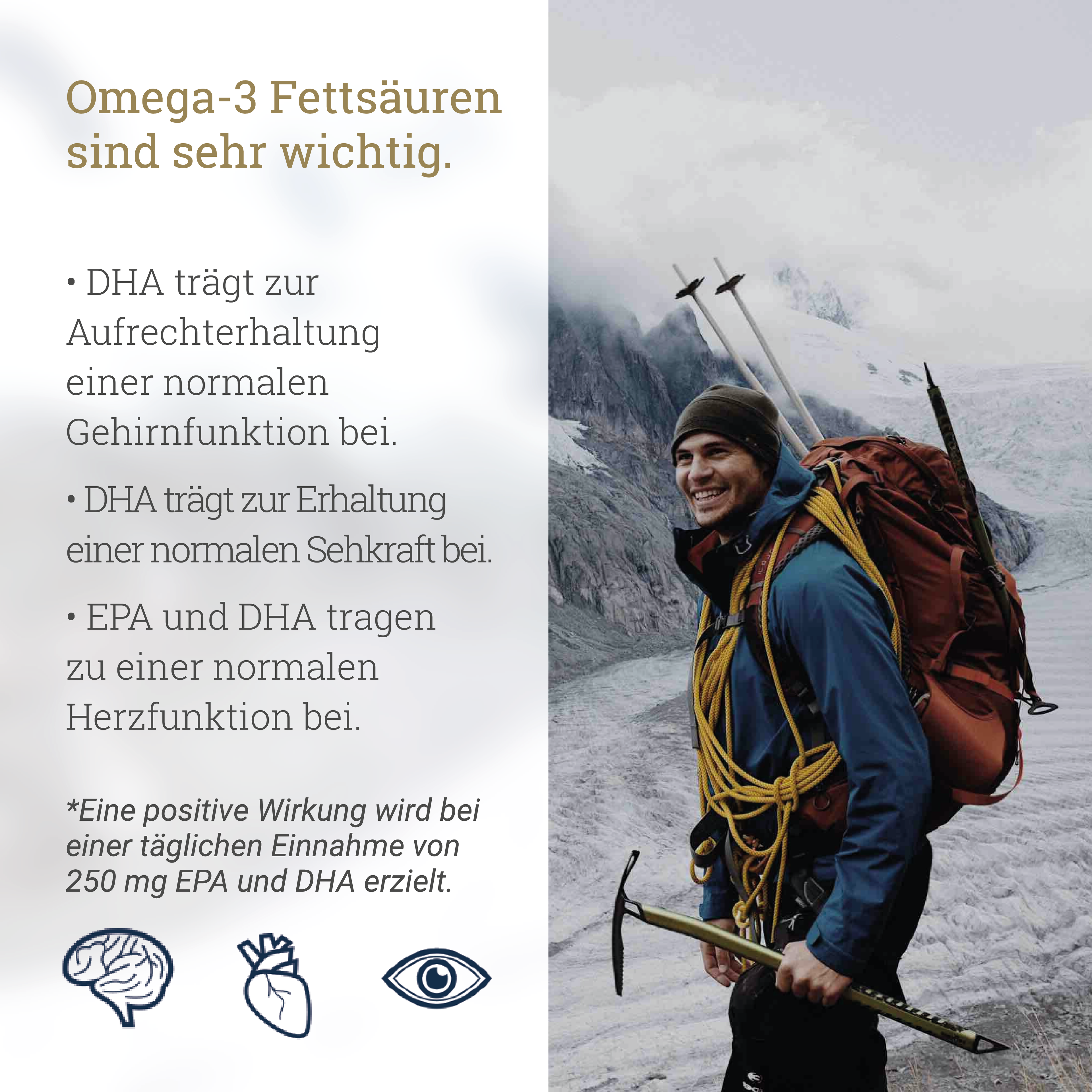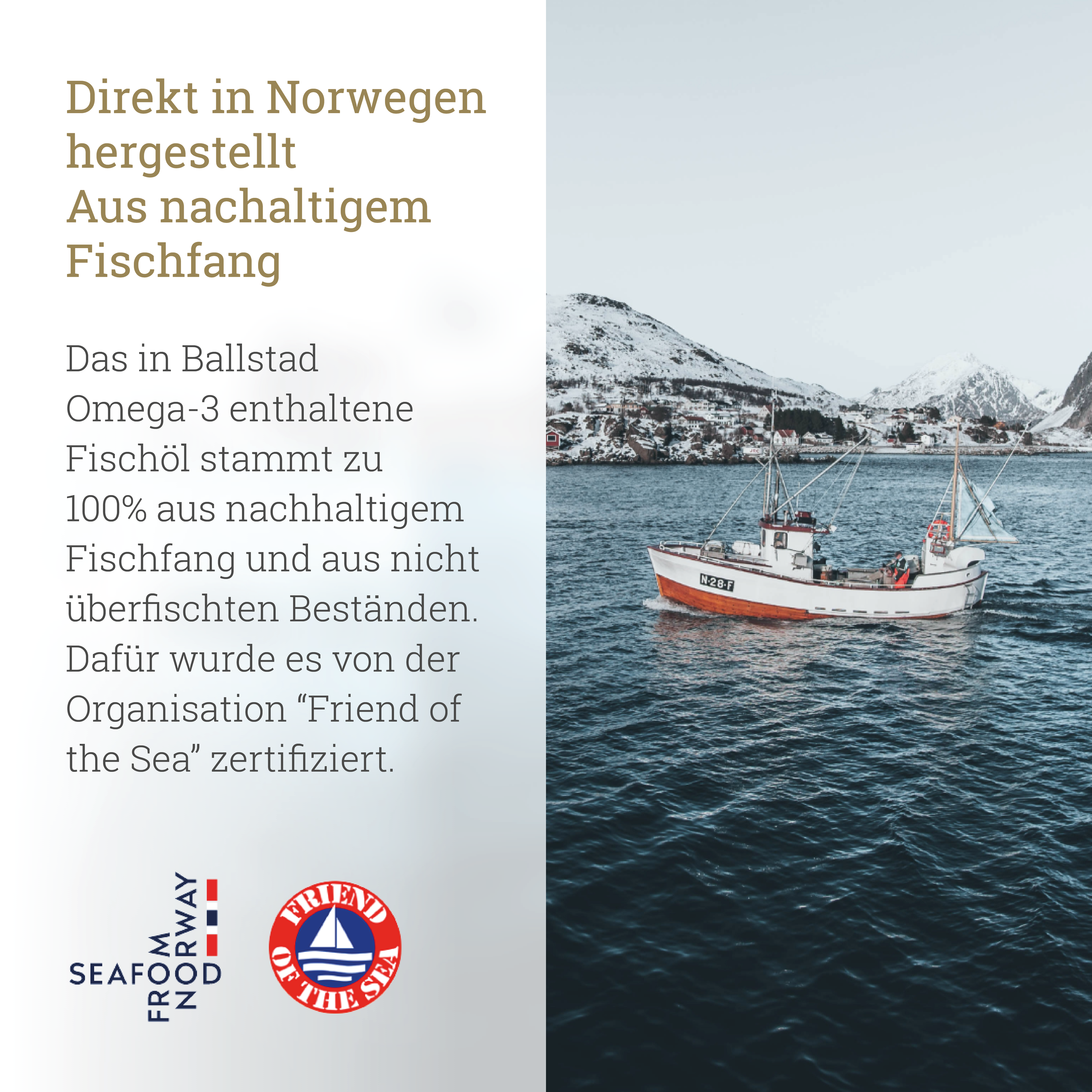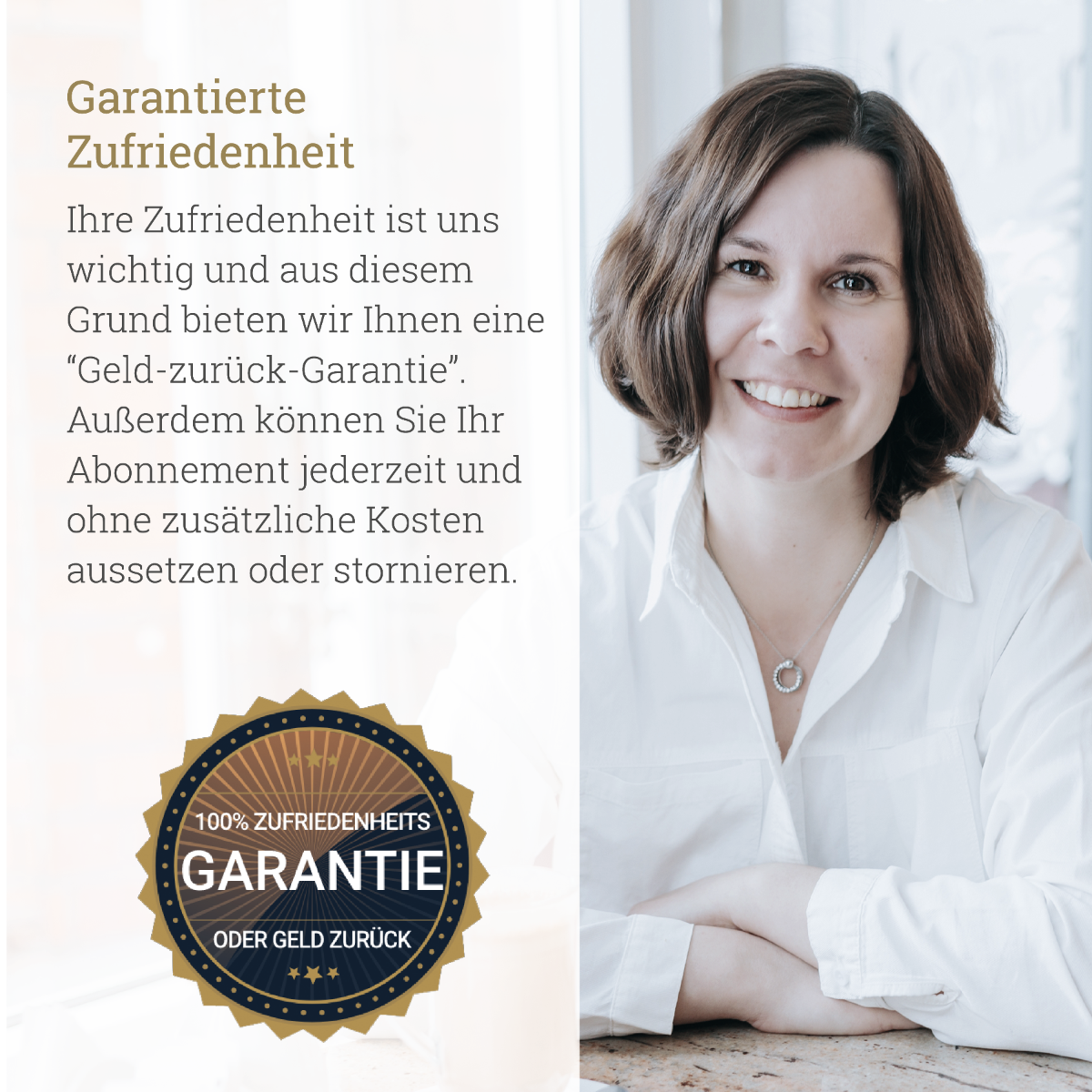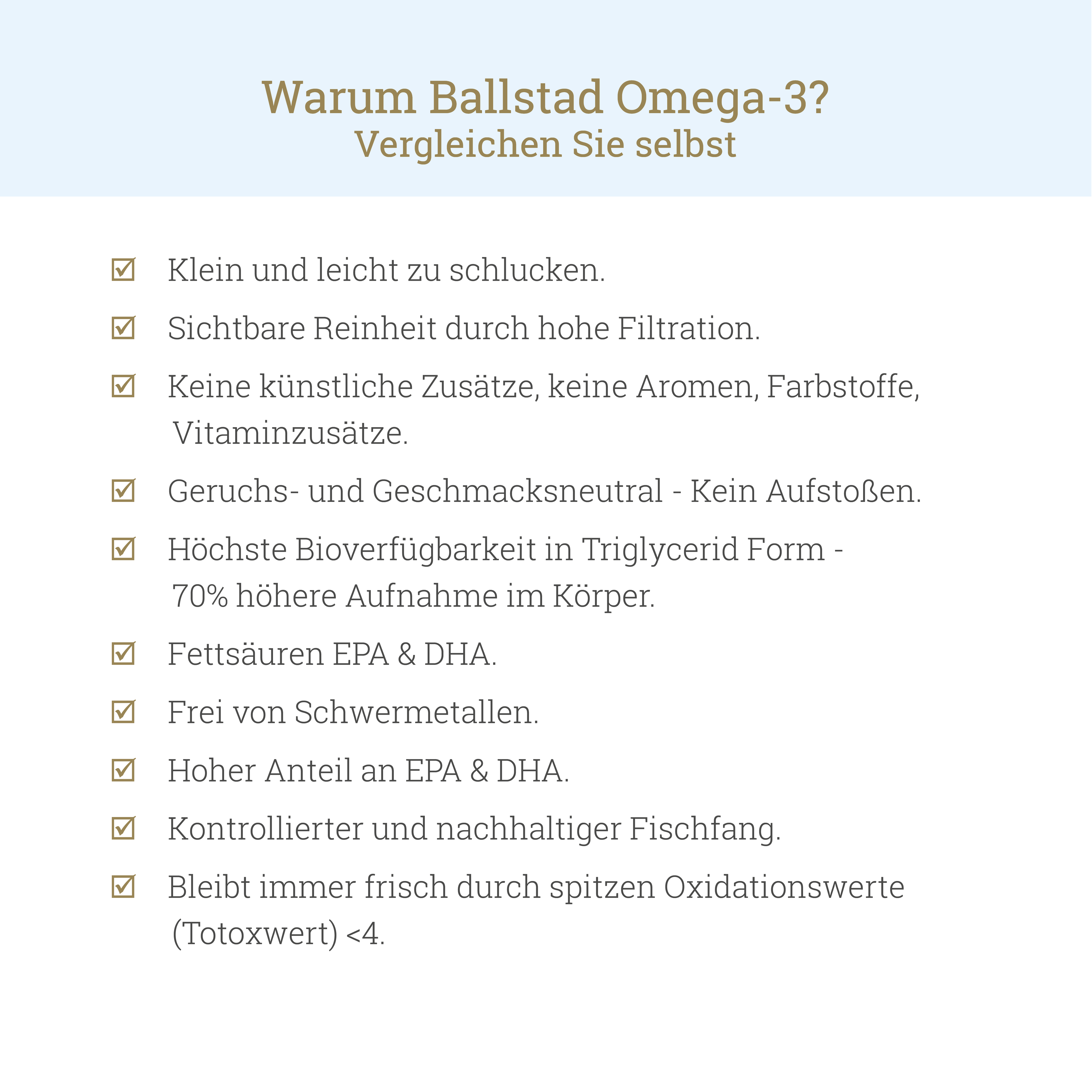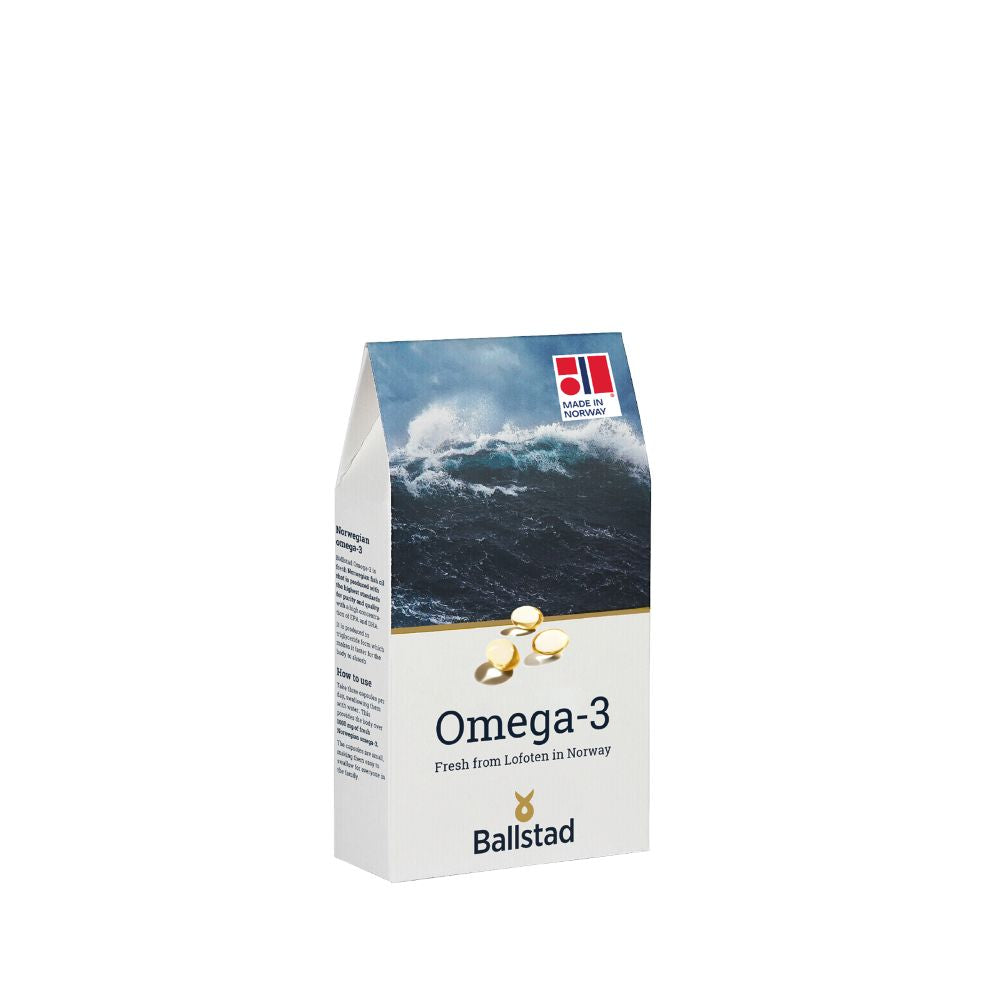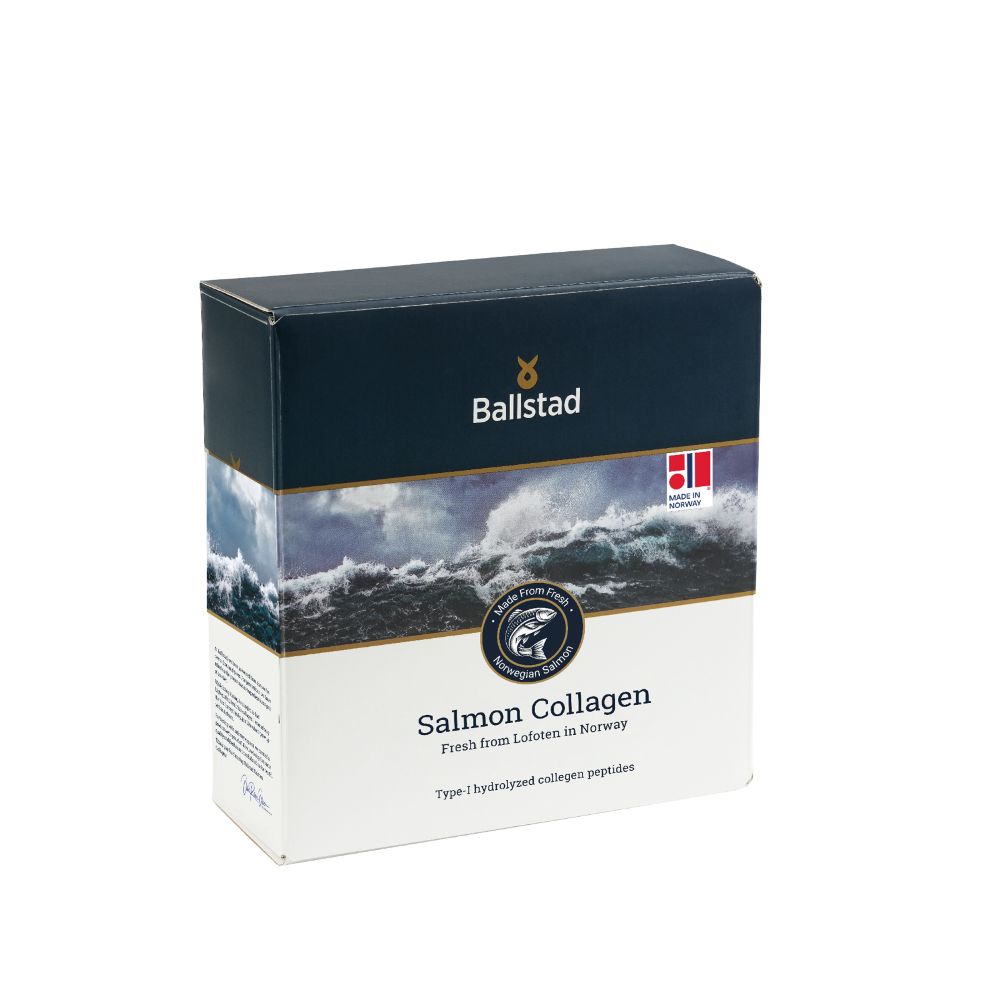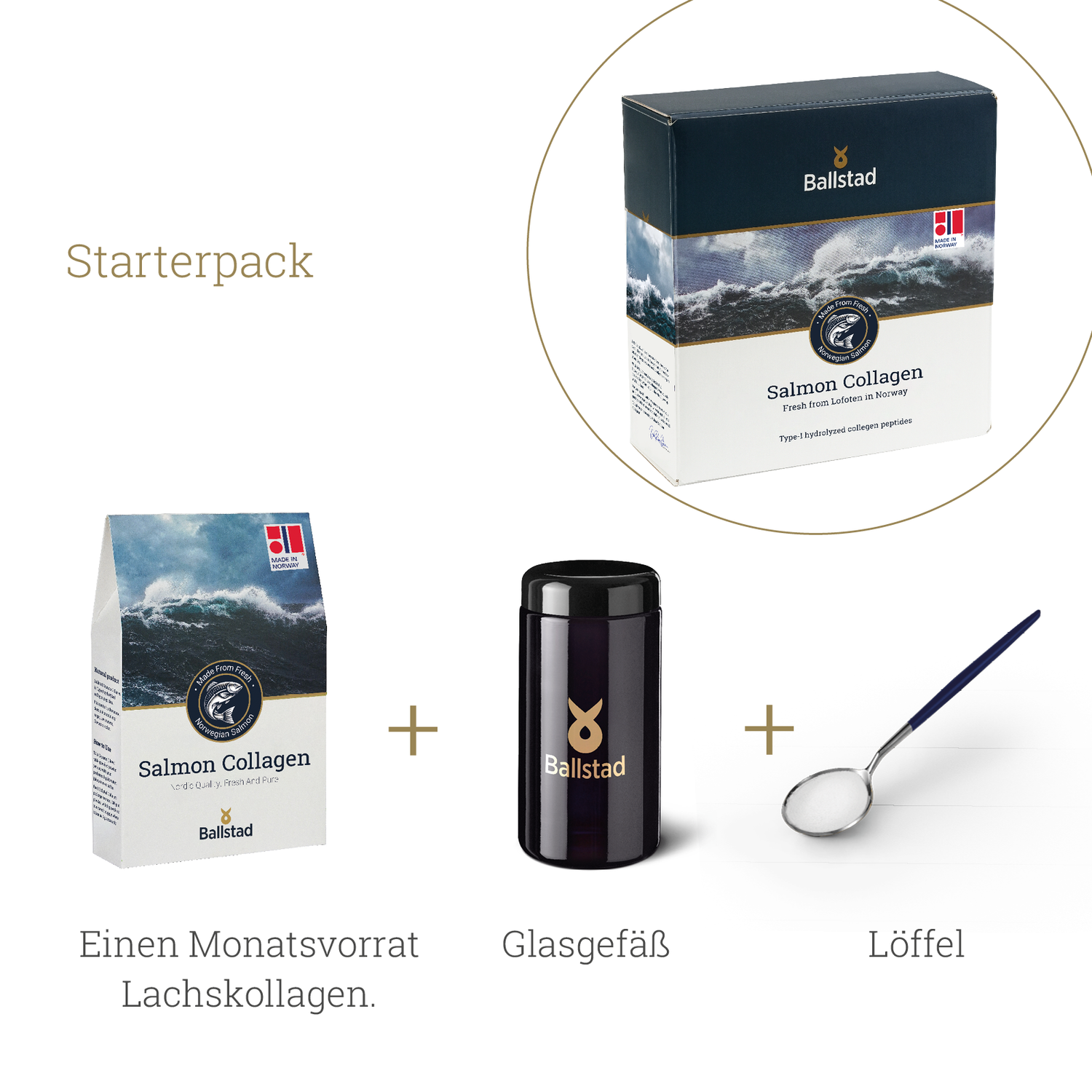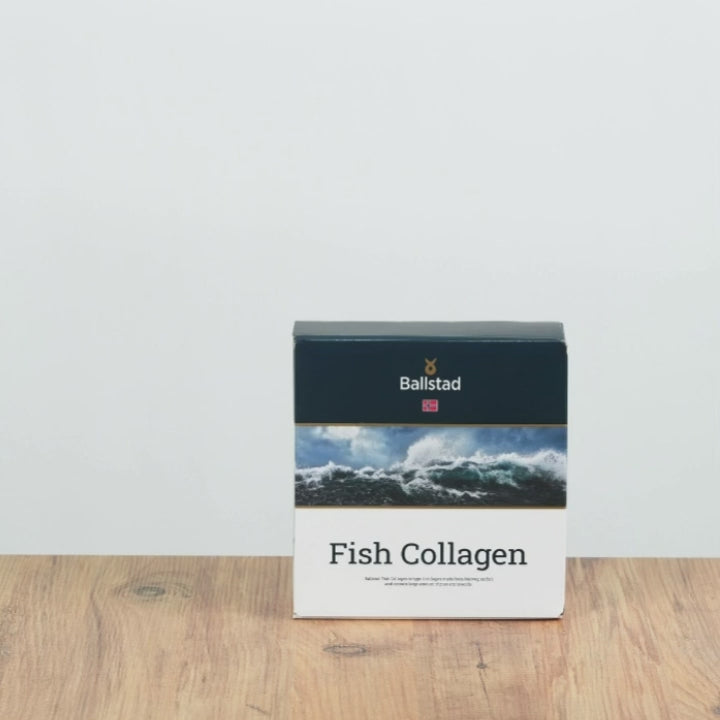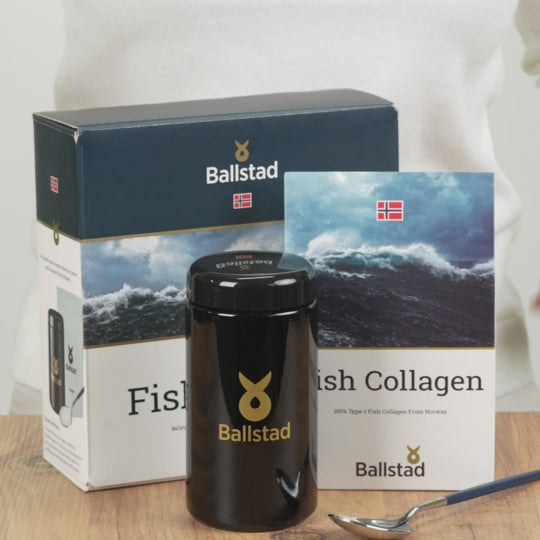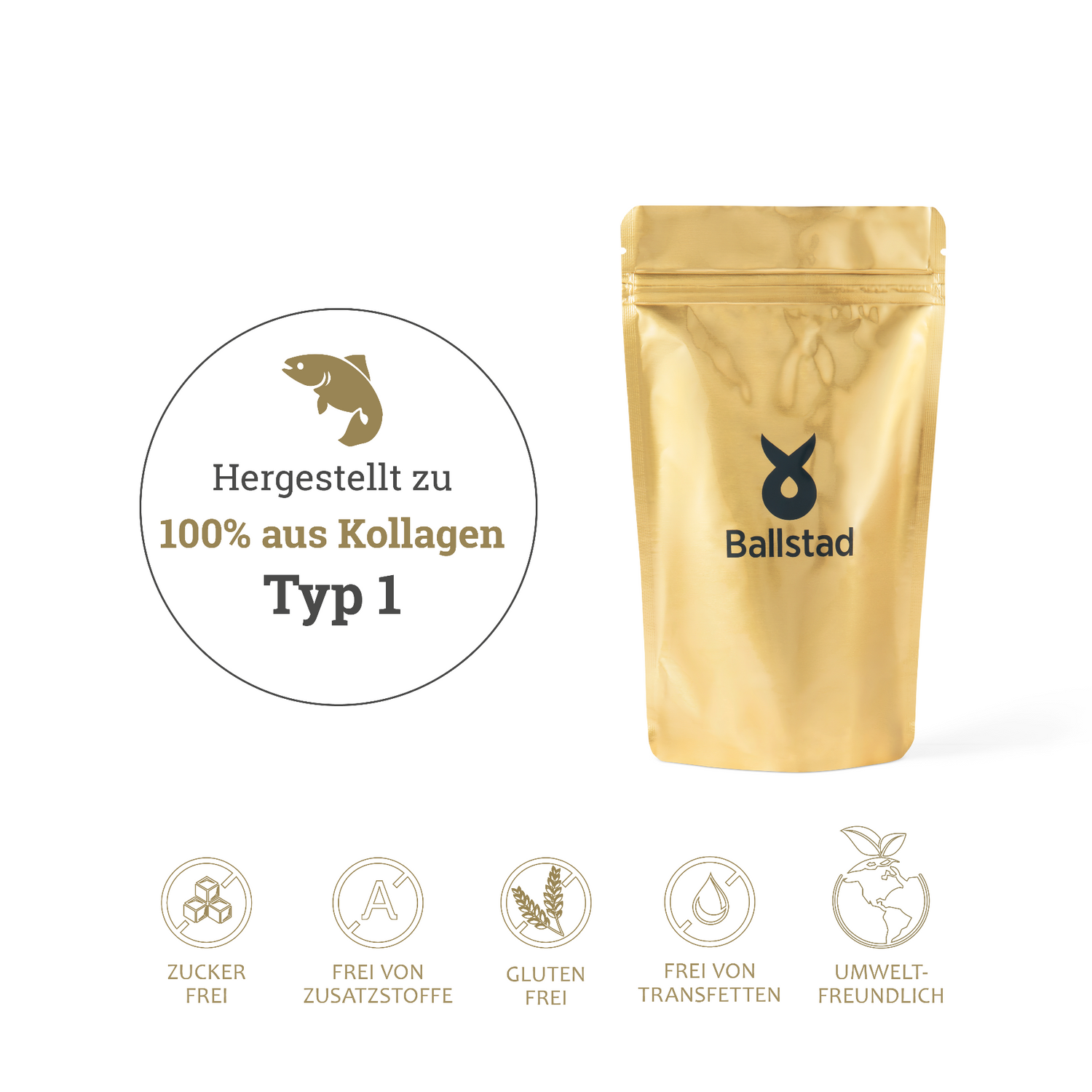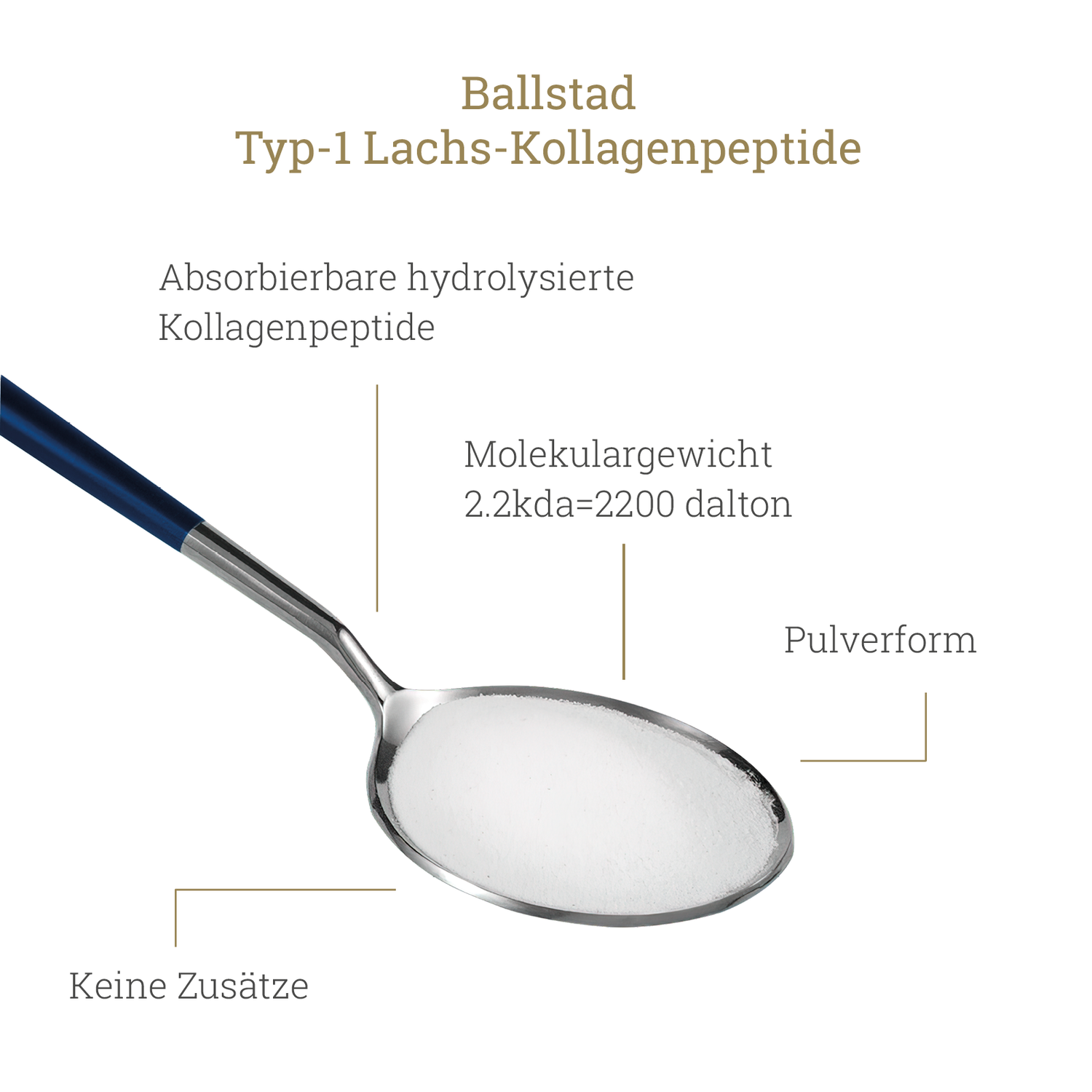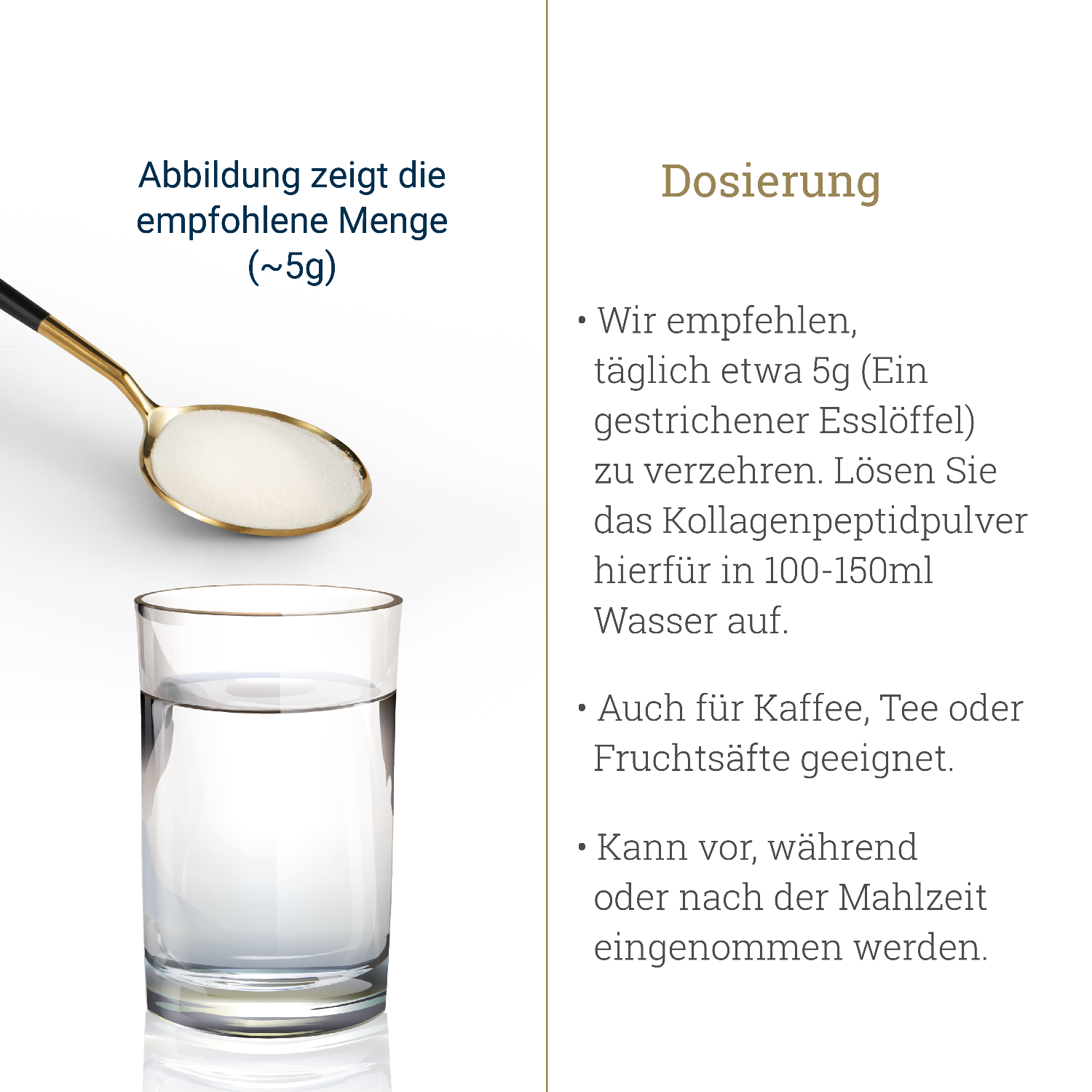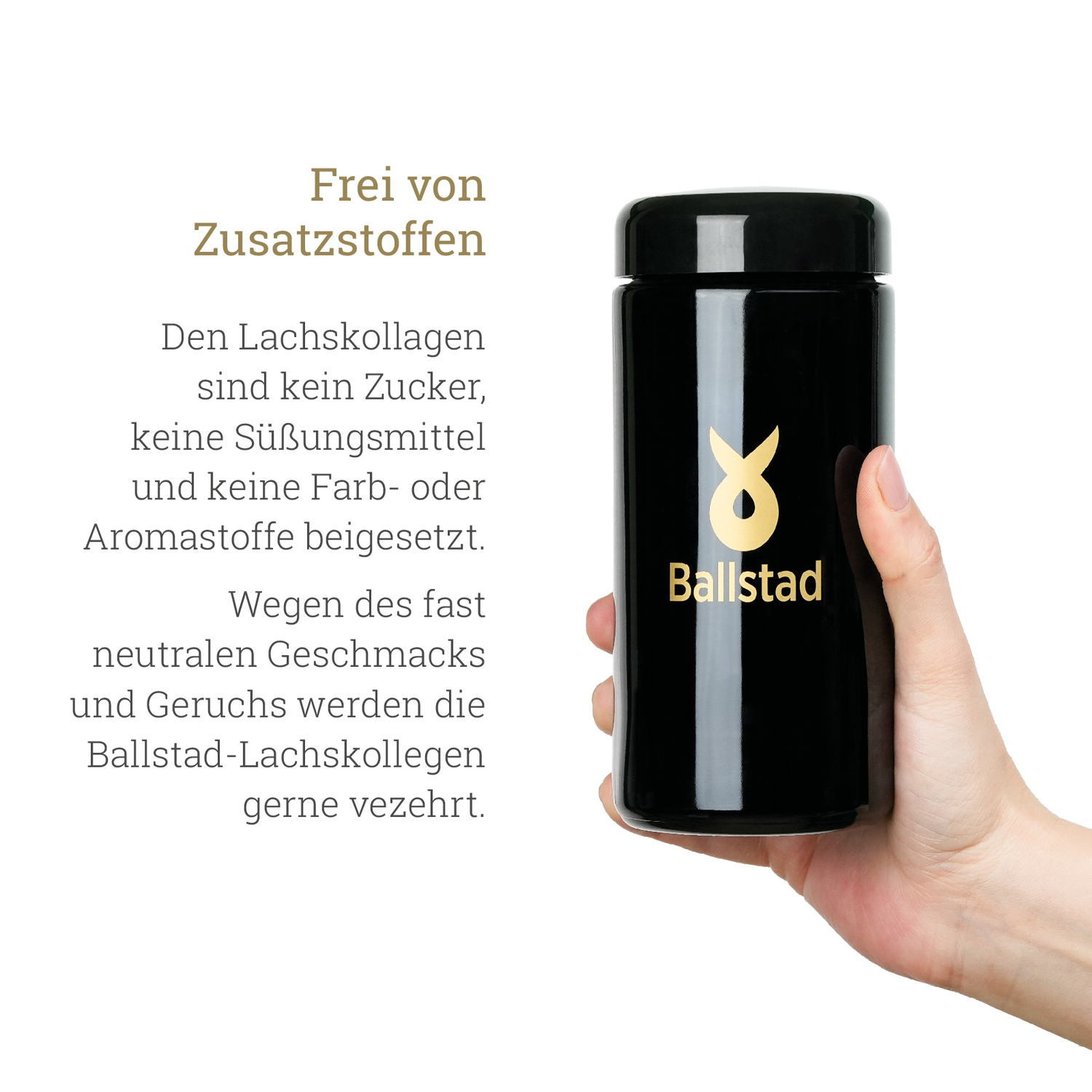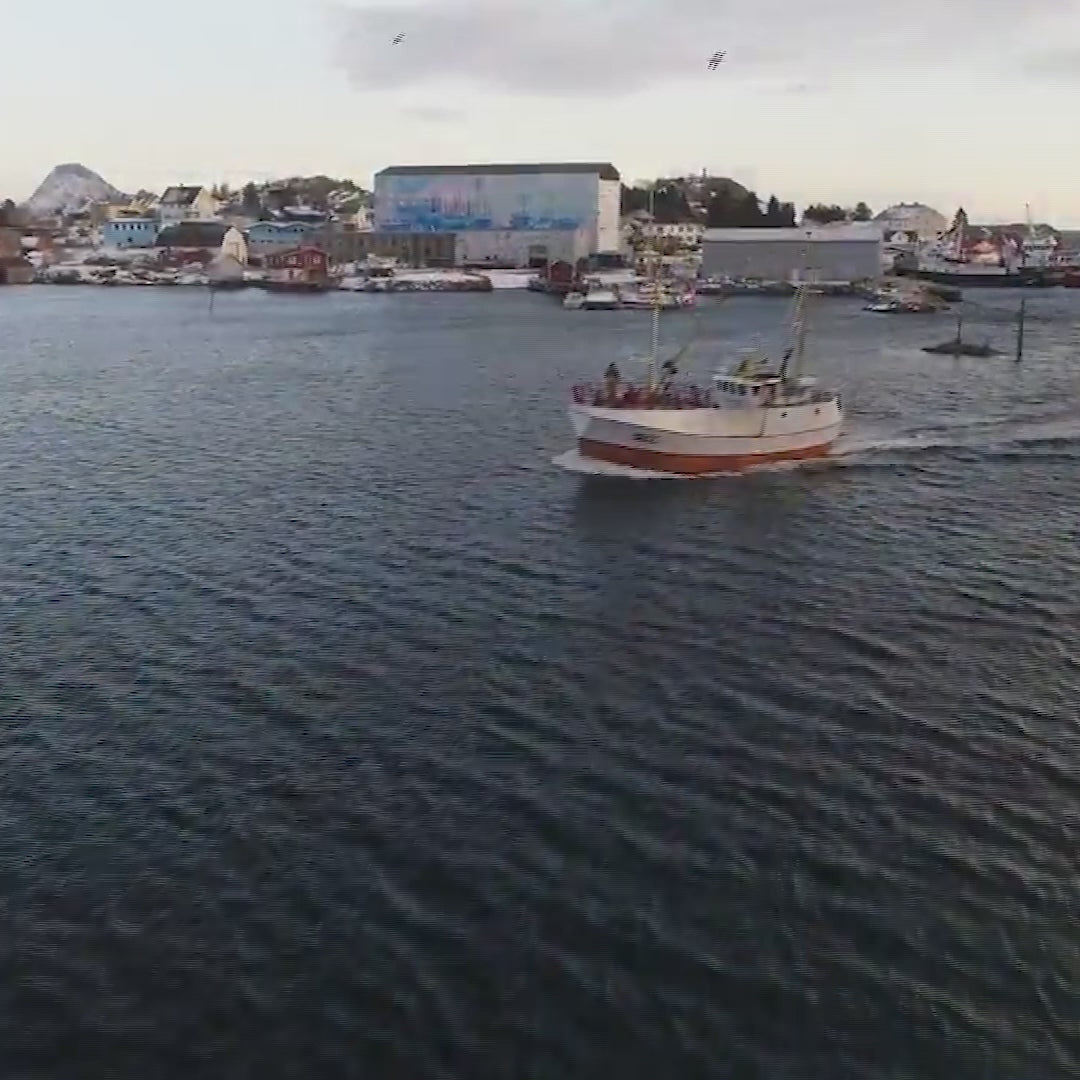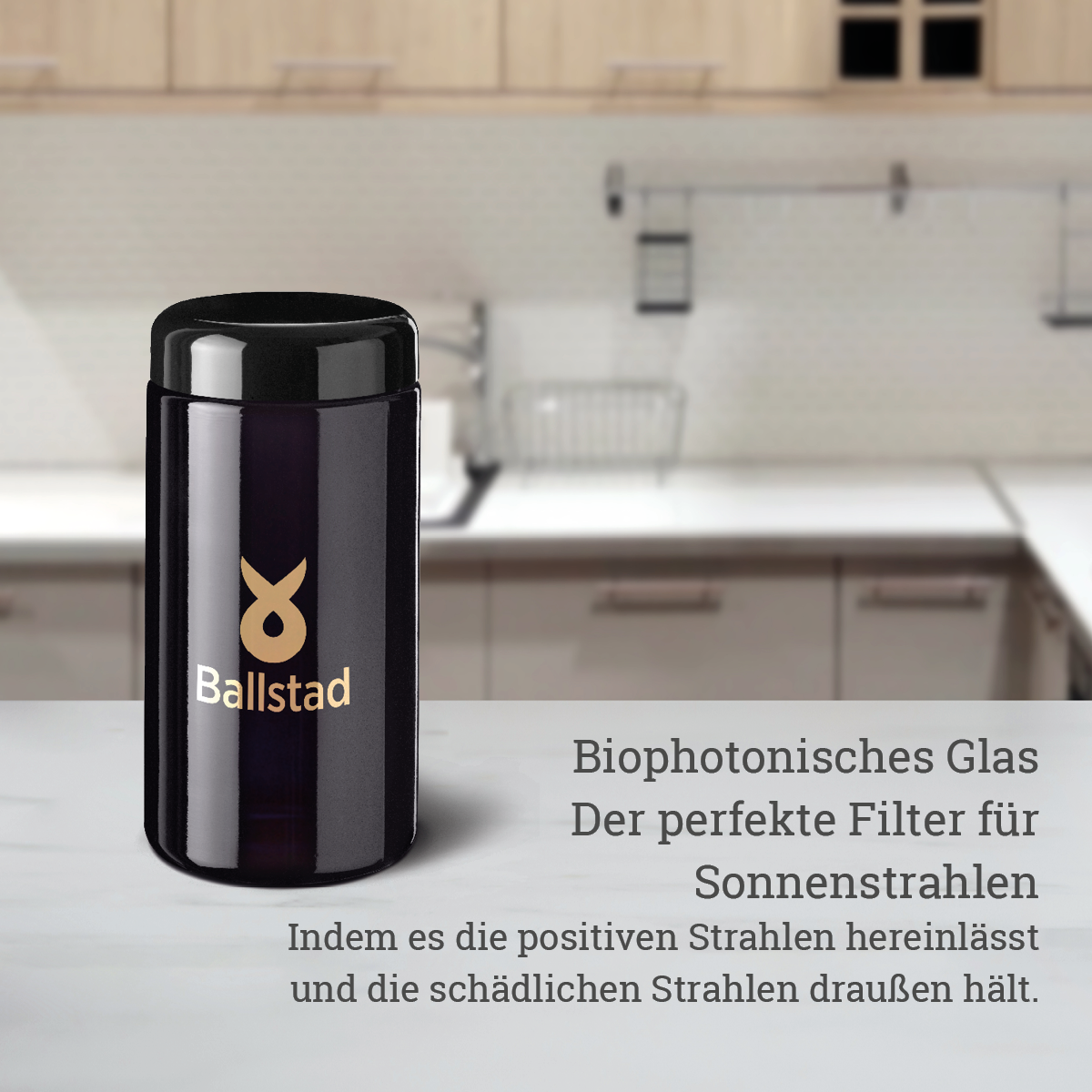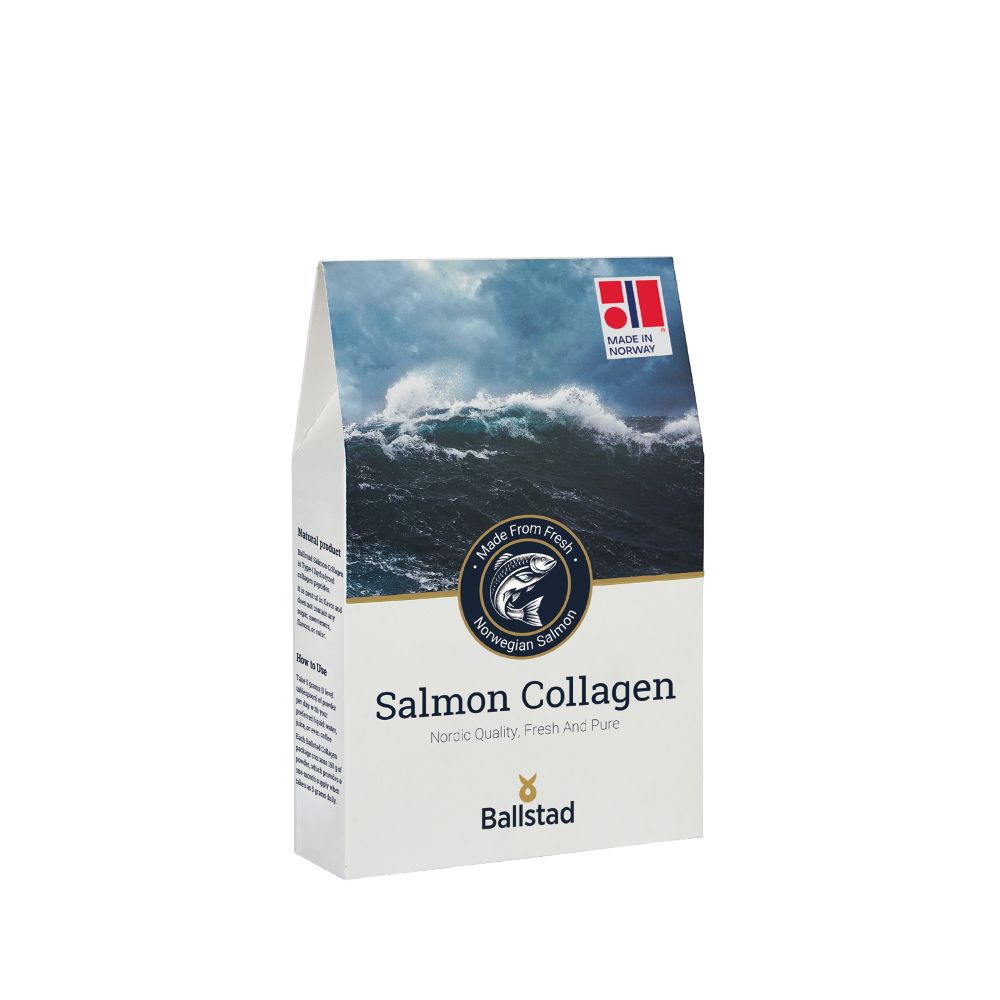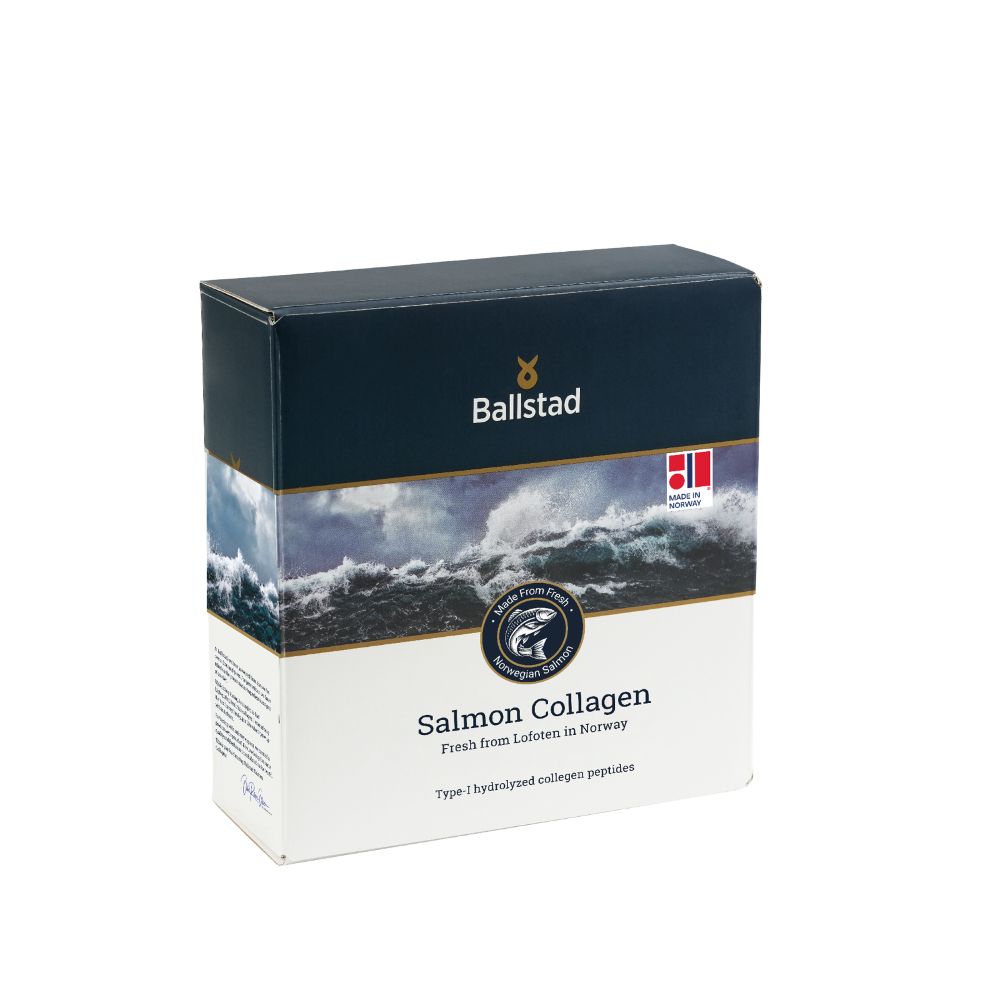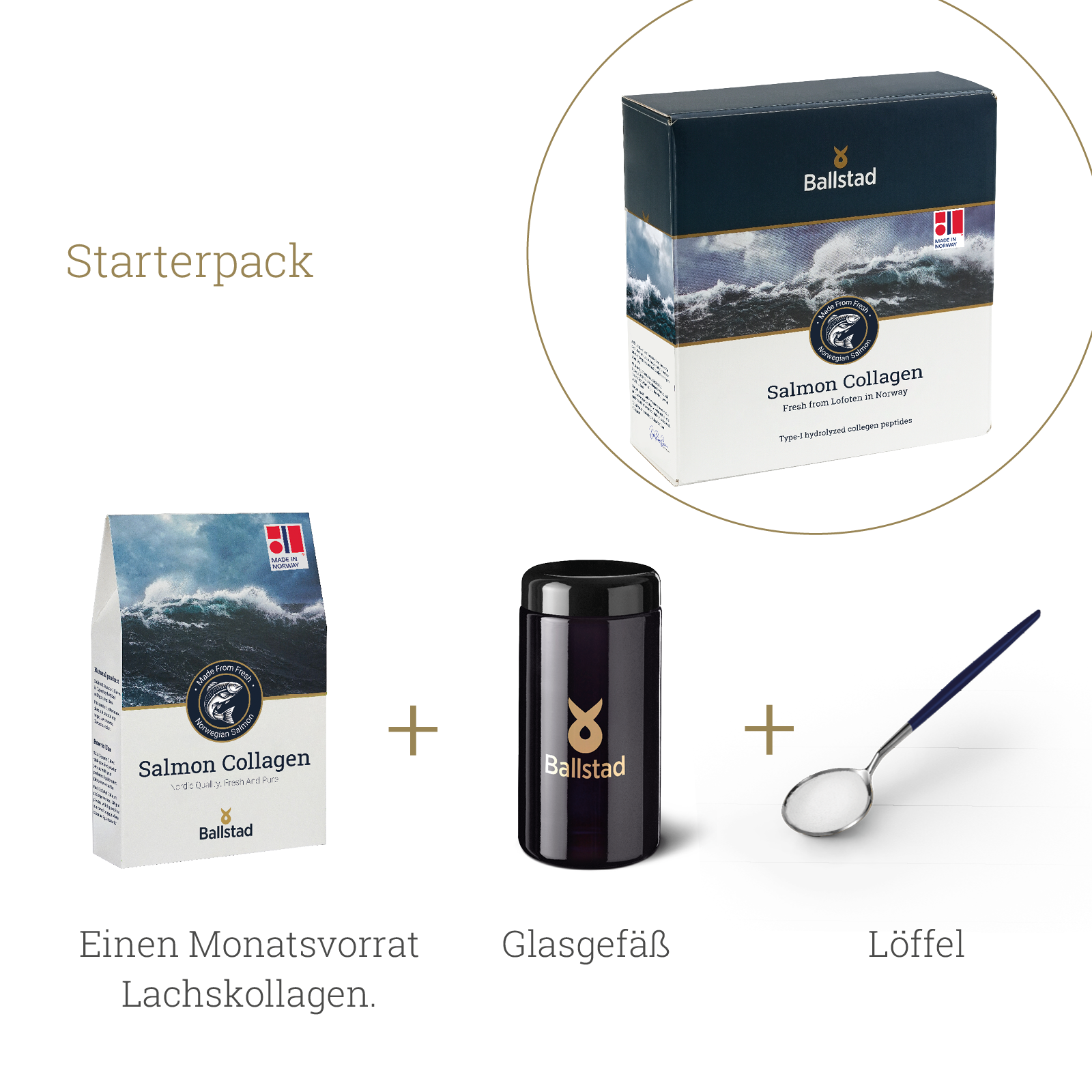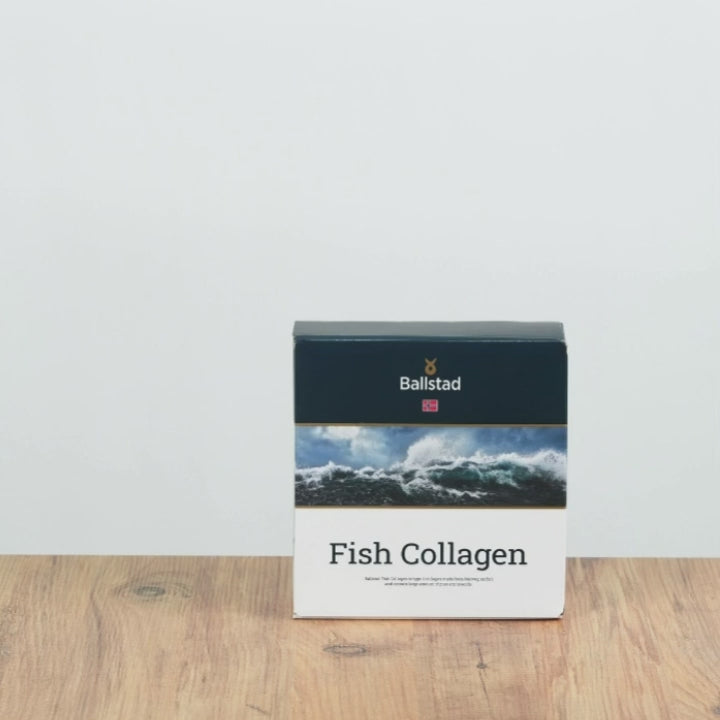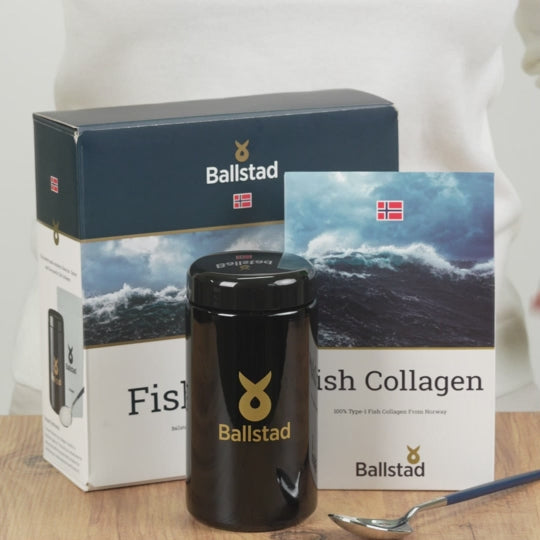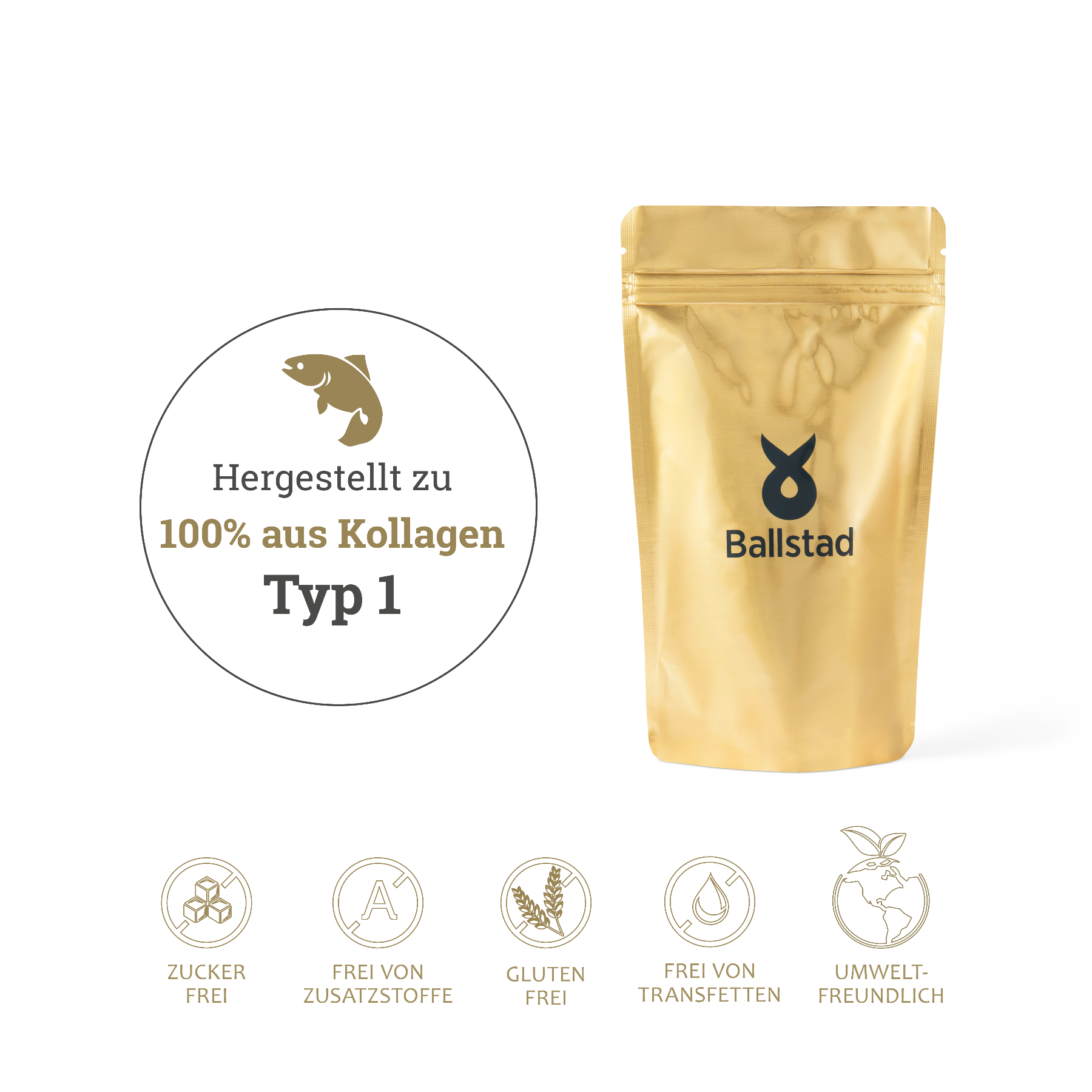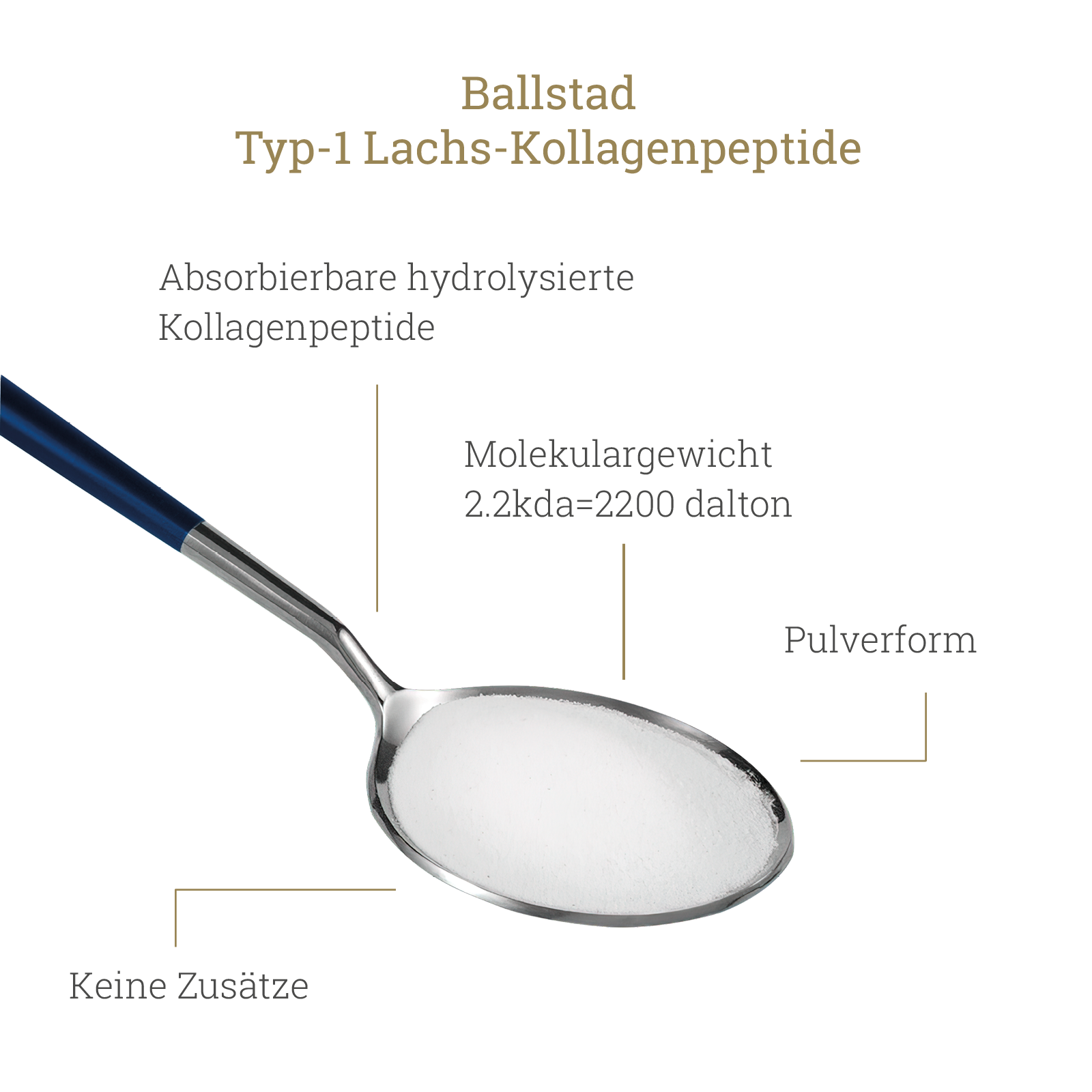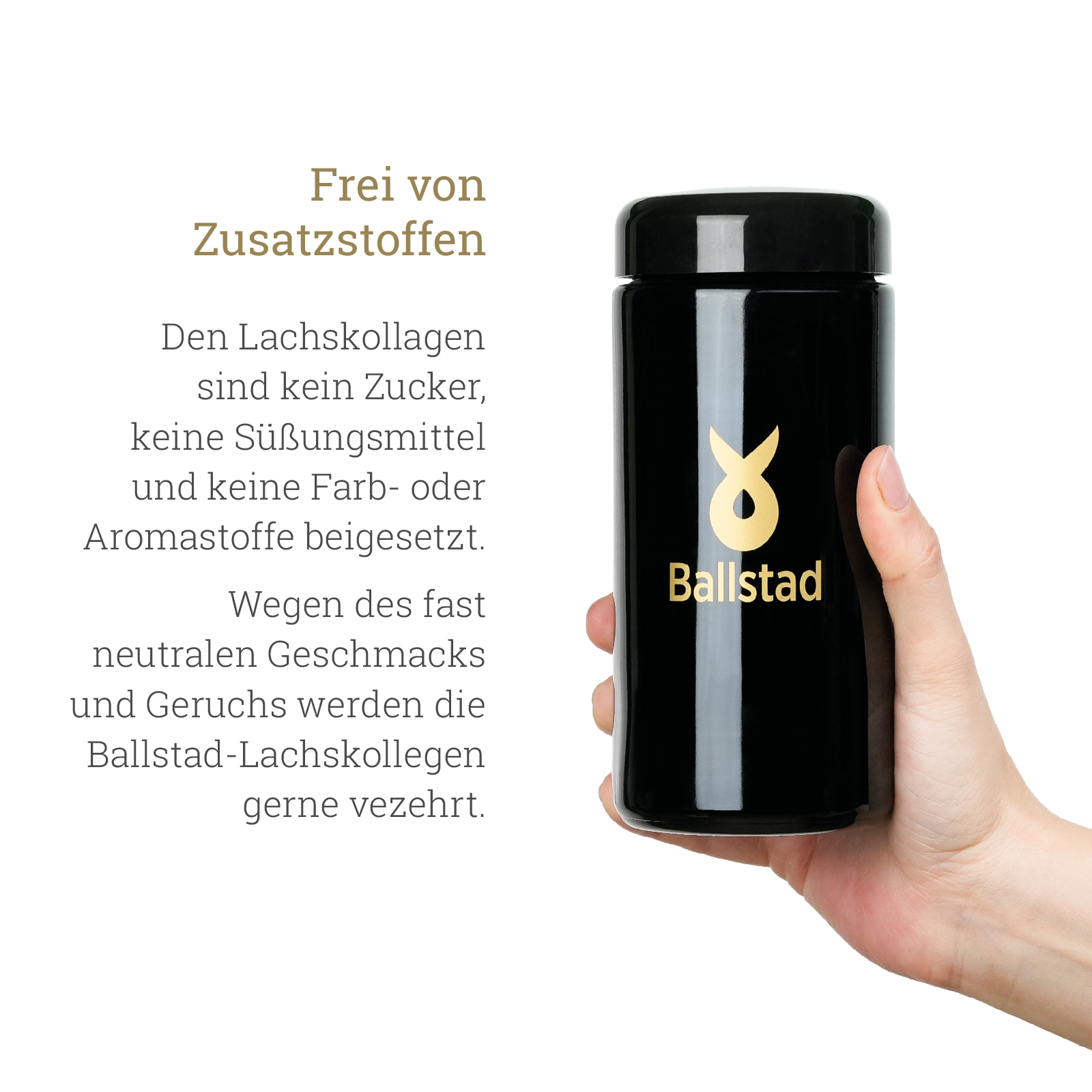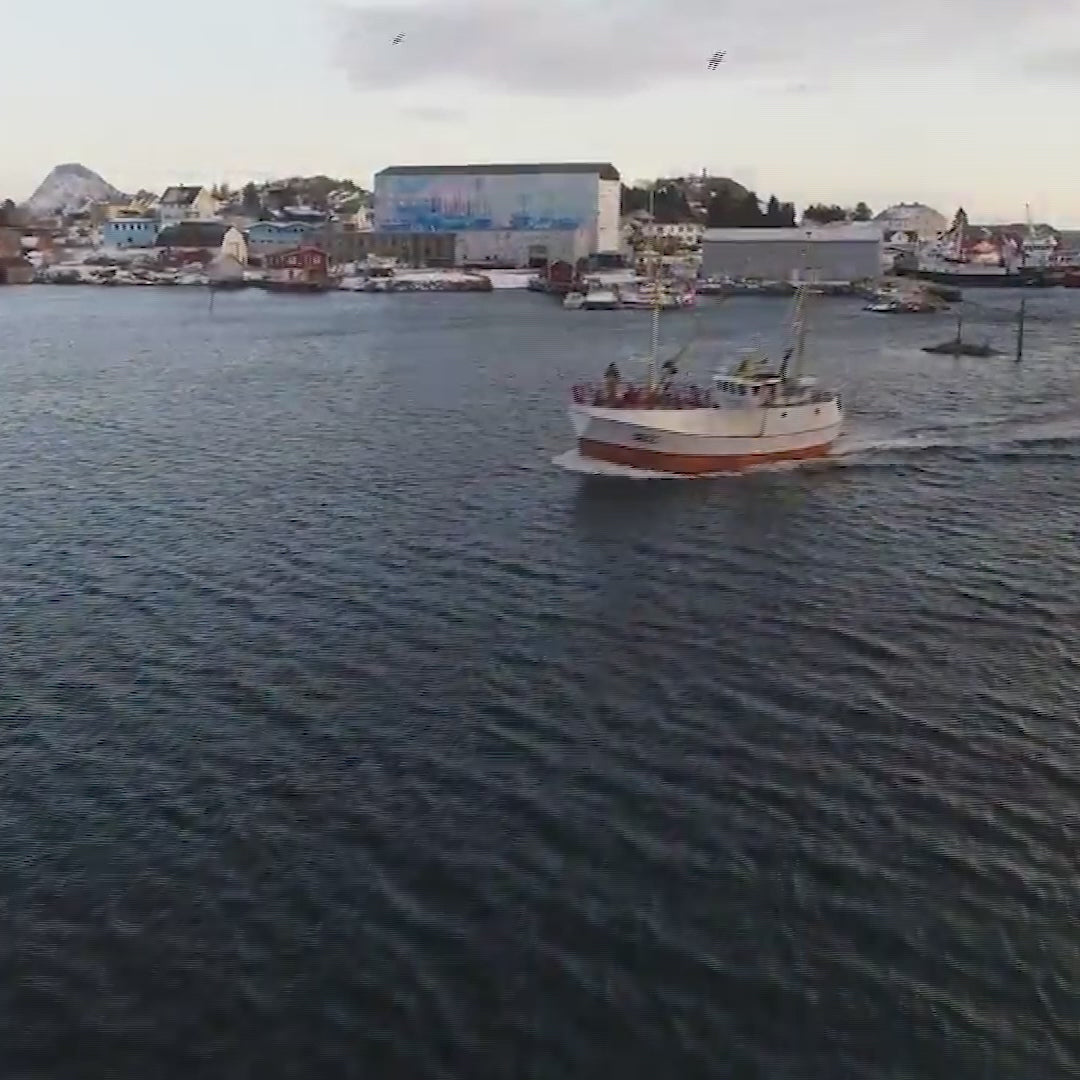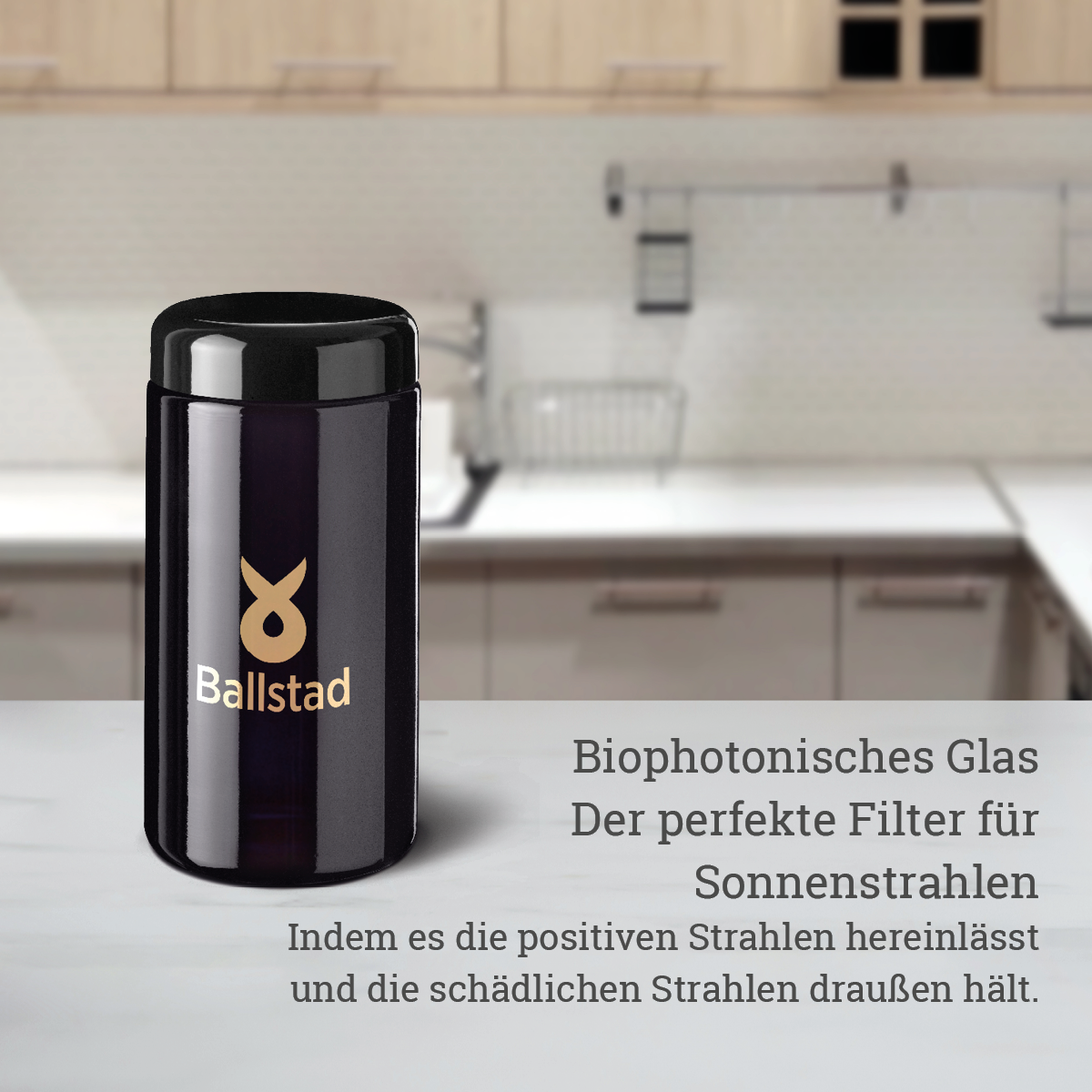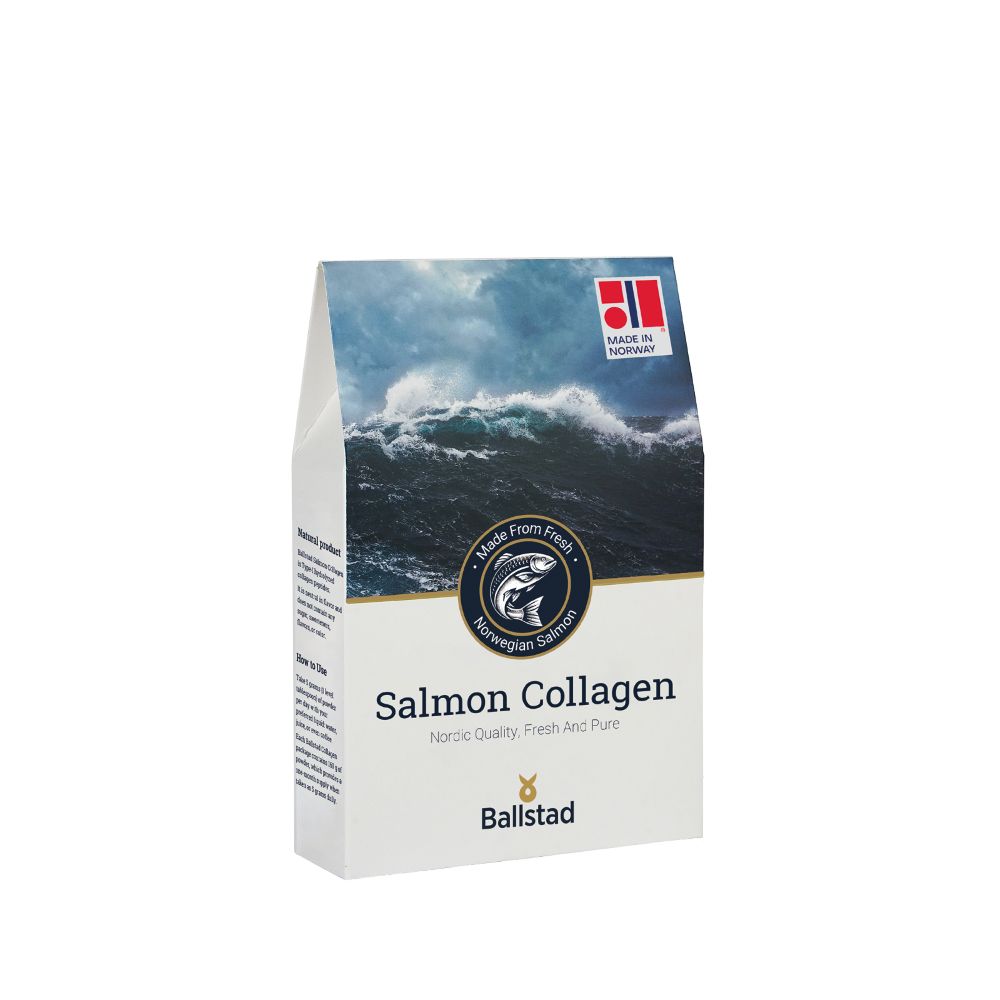What makes a fish oil high quality?
High-quality fish oil meets strict criteria regarding purity, freshness, and processing. The origin of the fish oil—that is, the place of production—is also crucial. Norway is considered the world's leading manufacturer of fish oil supplements. But what makes Norwegian fish oil so special?
Omega-3 from cold-water fish
Cold-water fish such as mackerel, herring, and salmon are natural sources of omega-3 fatty acids, especially EPA and DHA. These long-chain fatty acids are found in every human cell and play an important role in a balanced diet. If your needs aren't met through your diet, dietary supplements can be beneficial—provided they meet the highest quality standards.
Norway's position in the fish oil market
Norway supplies more than 40% of the world's omega-3 fatty acids used in dietary supplements. Reasons for this include:
-
The long coastline and the cold, clean sea water
-
A modern aquaculture system
-
A strong infrastructure for sustainable fisheries
According to data from the FAO (Food and Agriculture Organization of the United Nations), Norway ranked 9th in the world in fisheries and 7th in aquaculture production in 2016.
Sustainable fish farming and state-of-the-art technology
Norwegian aquaculture is based on strictly regulated conditions. Production is carried out using state-of-the-art technologies focused on fish health and food safety. Atlantic salmon farming is particularly widespread, but cod, mussels, and lobster are also produced.
Example: Norwegian farmed salmon is fed a natural diet consisting of 70% plant-based ingredients and 30% marine sources – an approach that promotes both sustainability and taste.
Controlled quality and minimal pollutants
Like other animal products, fish can also absorb environmental contaminants such as dioxins or PCBs. However, Norwegian aquaculture provides controlled feed, which minimizes exposure. Studies show that levels of dioxins and similar substances have decreased by 67% since 2006.
A focus on the environment and the future
Norway has a clear vision: ensuring that fishing remains sustainable for future generations. This means:
-
Ecosystem-based management
-
Local monitoring of fish stocks
-
Scientifically based catch quotas
These measures ensure the long-term, environmentally friendly use of marine resources.
A model for global food security
Norway continuously invests in new technologies that enable efficient, year-round fishing. Furthermore, the Scientific Committee for Food Safety regularly assesses potential risks. The Norwegian Food Safety Authority (Mattilsynet) ensures that strict measures are implemented.
Ballstad Omega-3: Quality directly from Norway
Ballstad Omega-3 comes directly from Norway and is processed according to the strictest quality standards. It is stored under controlled conditions—without contact with air or sunlight. The capsules do not contain fish oil from farmed fish, but rather from wild-caught fish with a high natural omega-3 content.
If you choose a fish oil supplement that focuses on freshness, purity, and transparency, Ballstad Omega-3 is a high-quality choice.
Sources:
- Overview of the Norwegian fisheries and aquaculture sector (2018). Eurofish International Organization
- Norwegian Seafood Council. Why Norwegian Seafood Origin Matters


